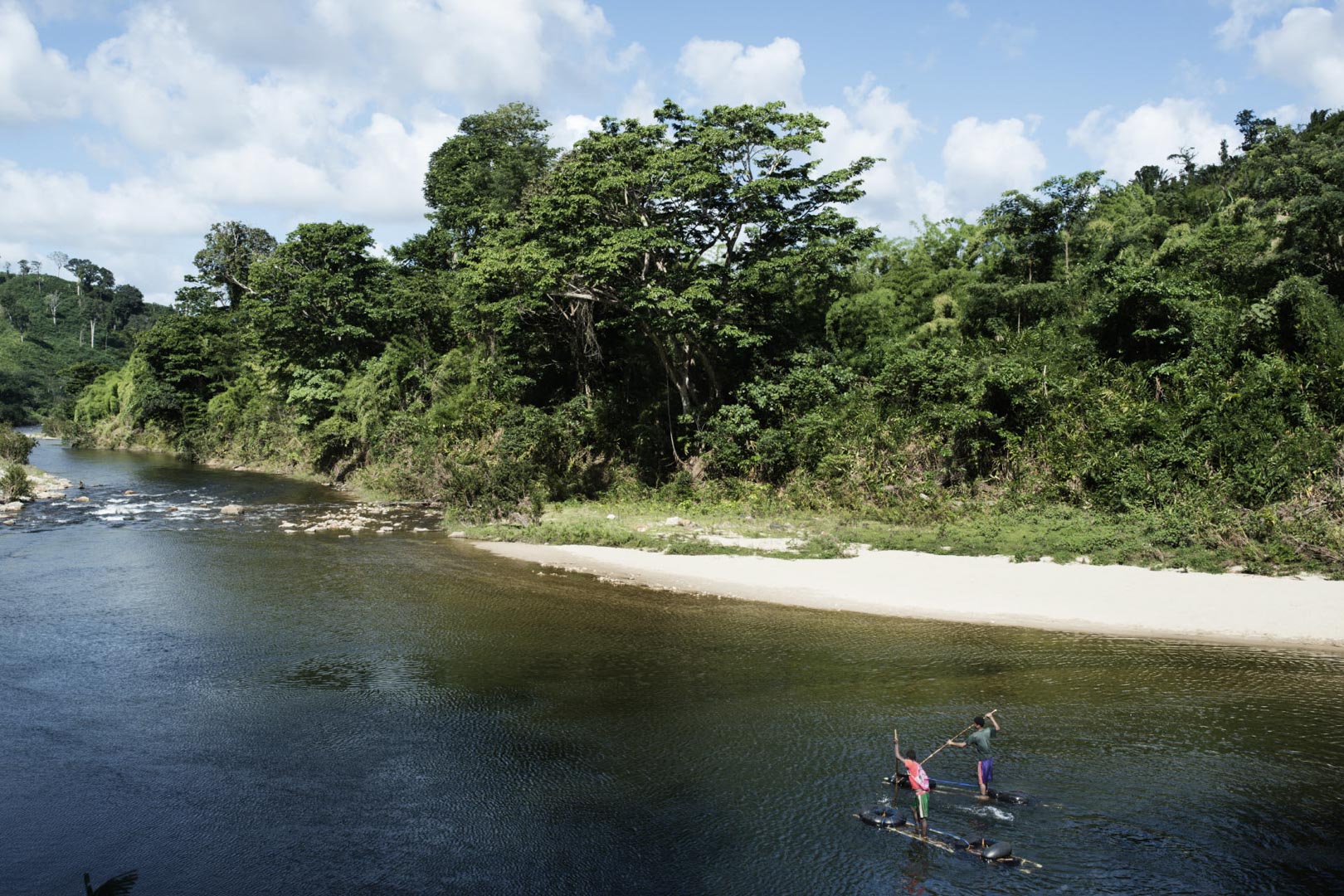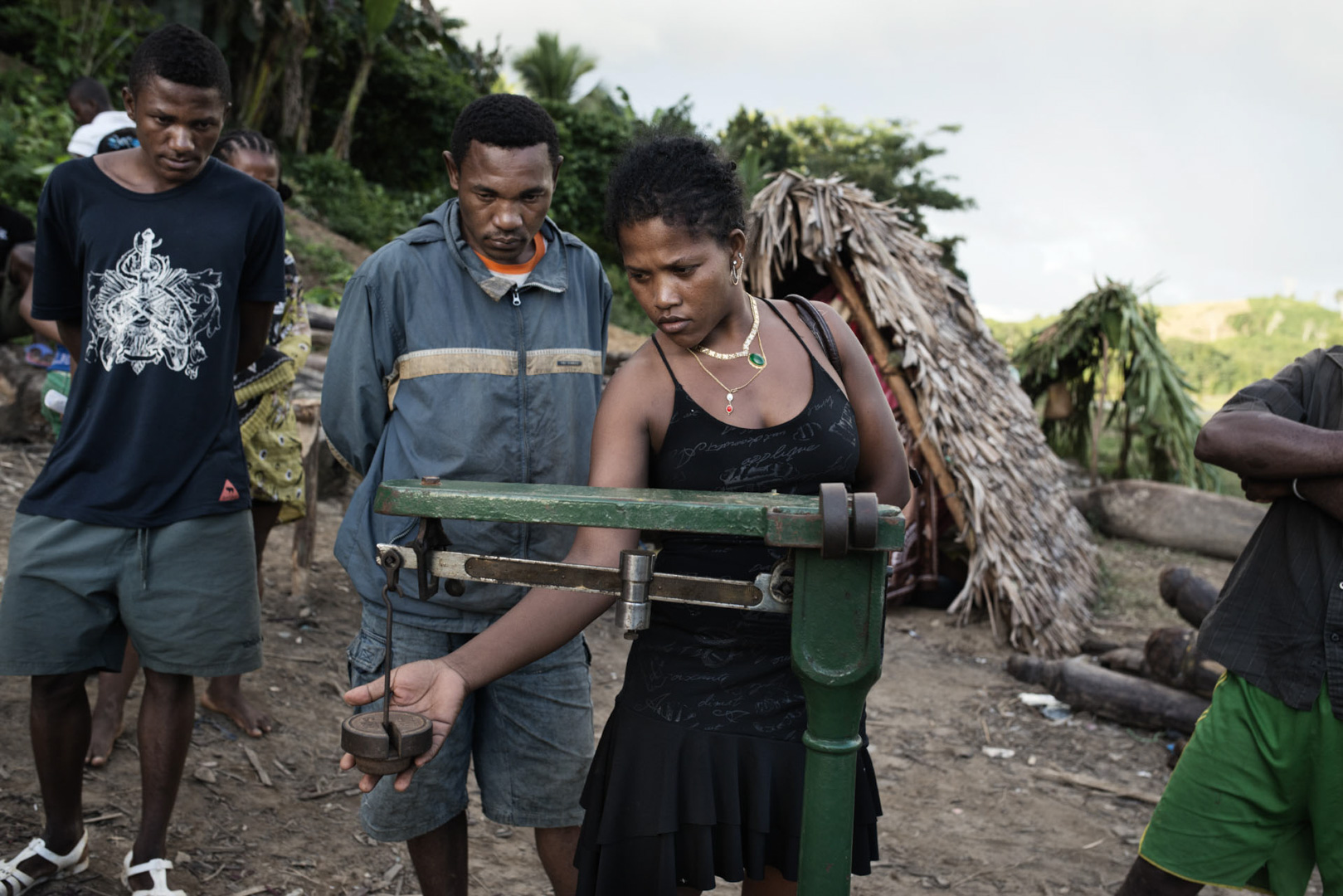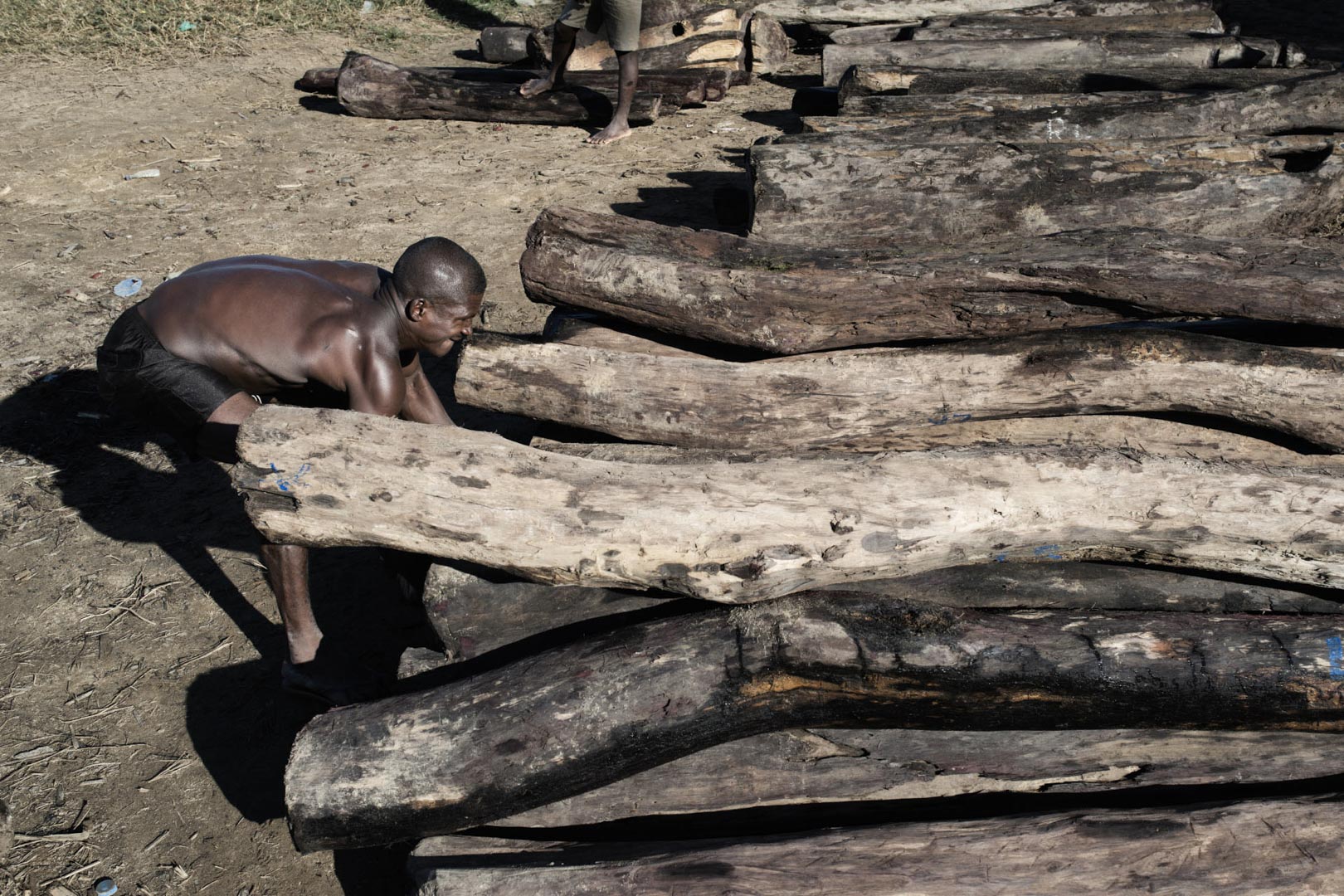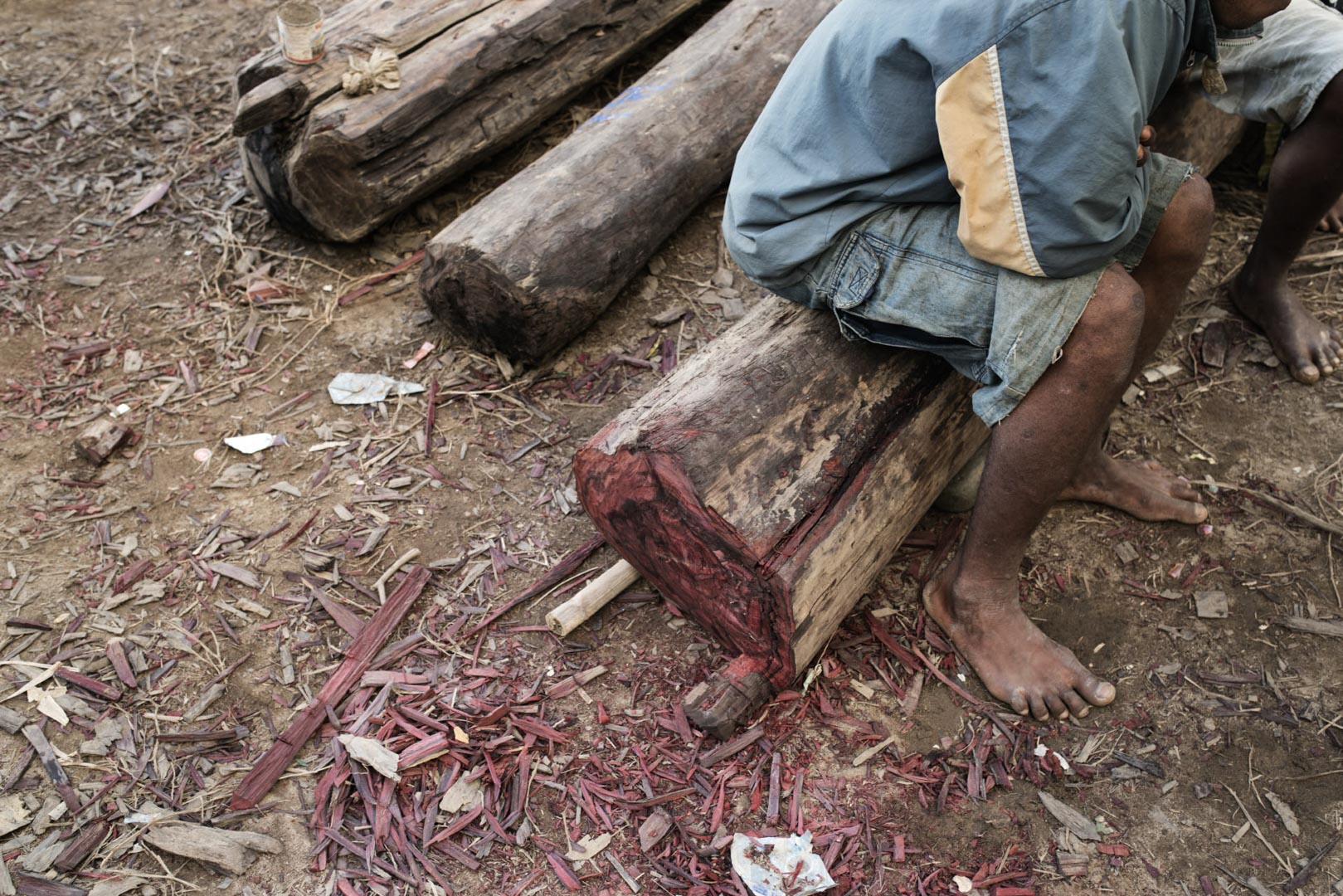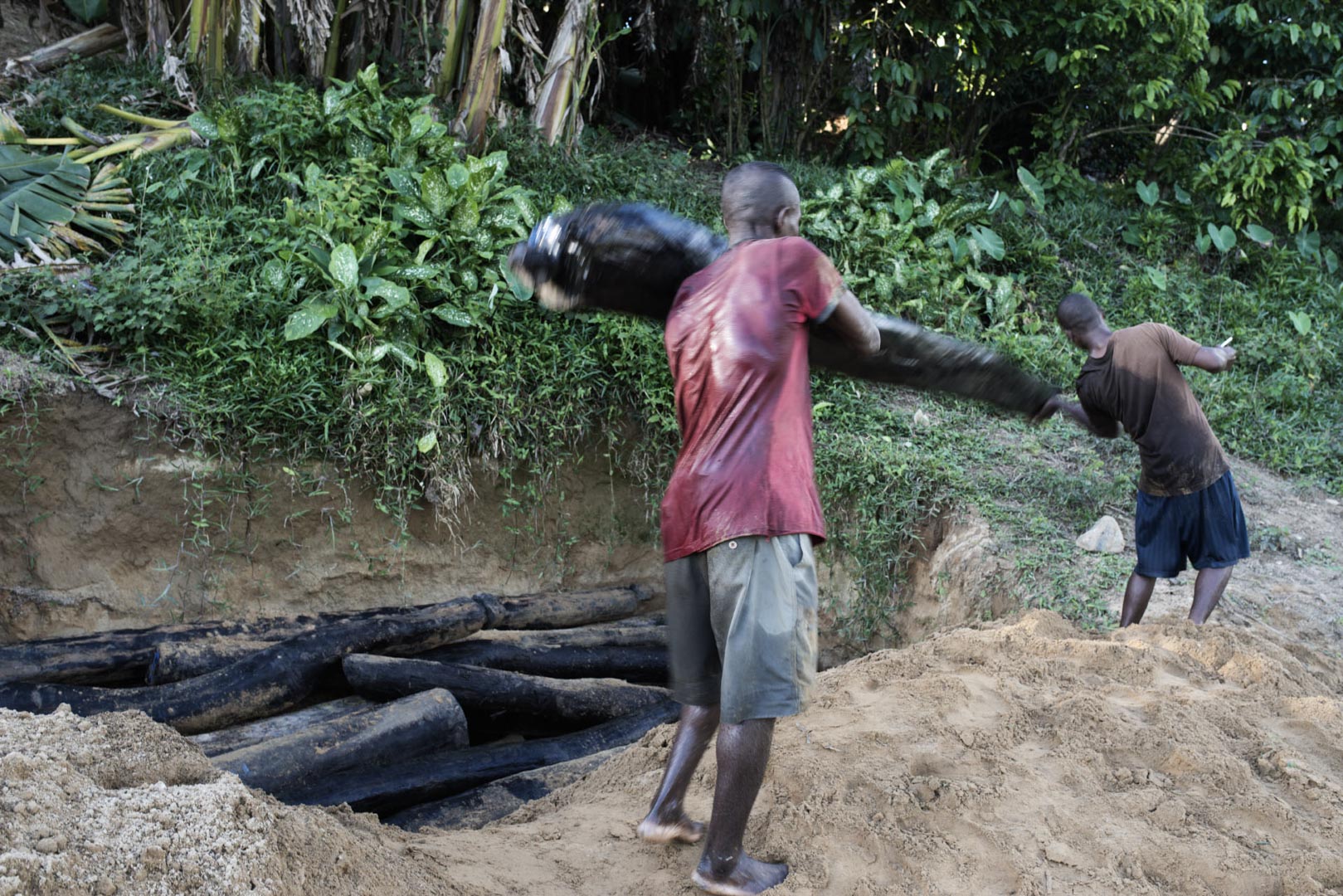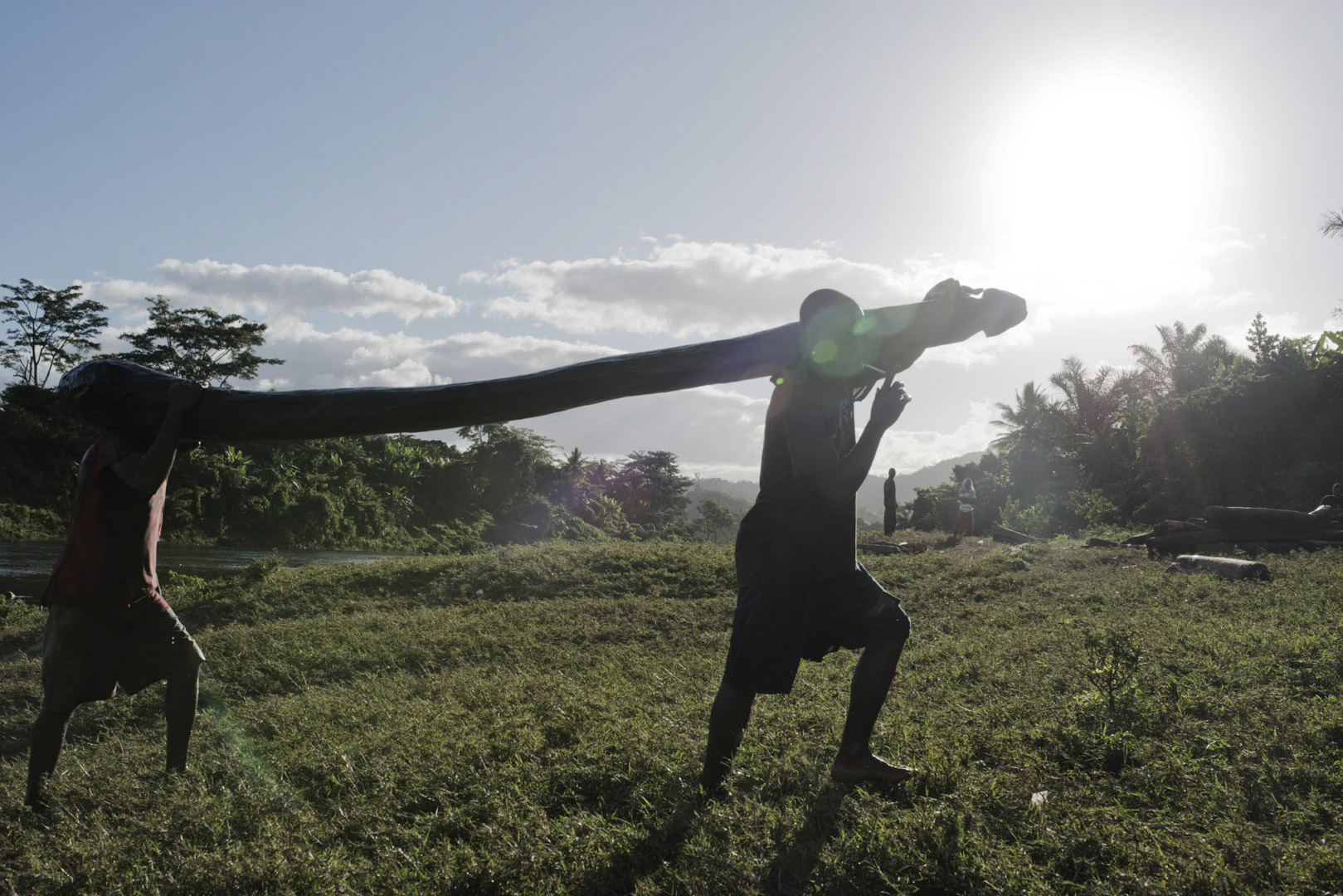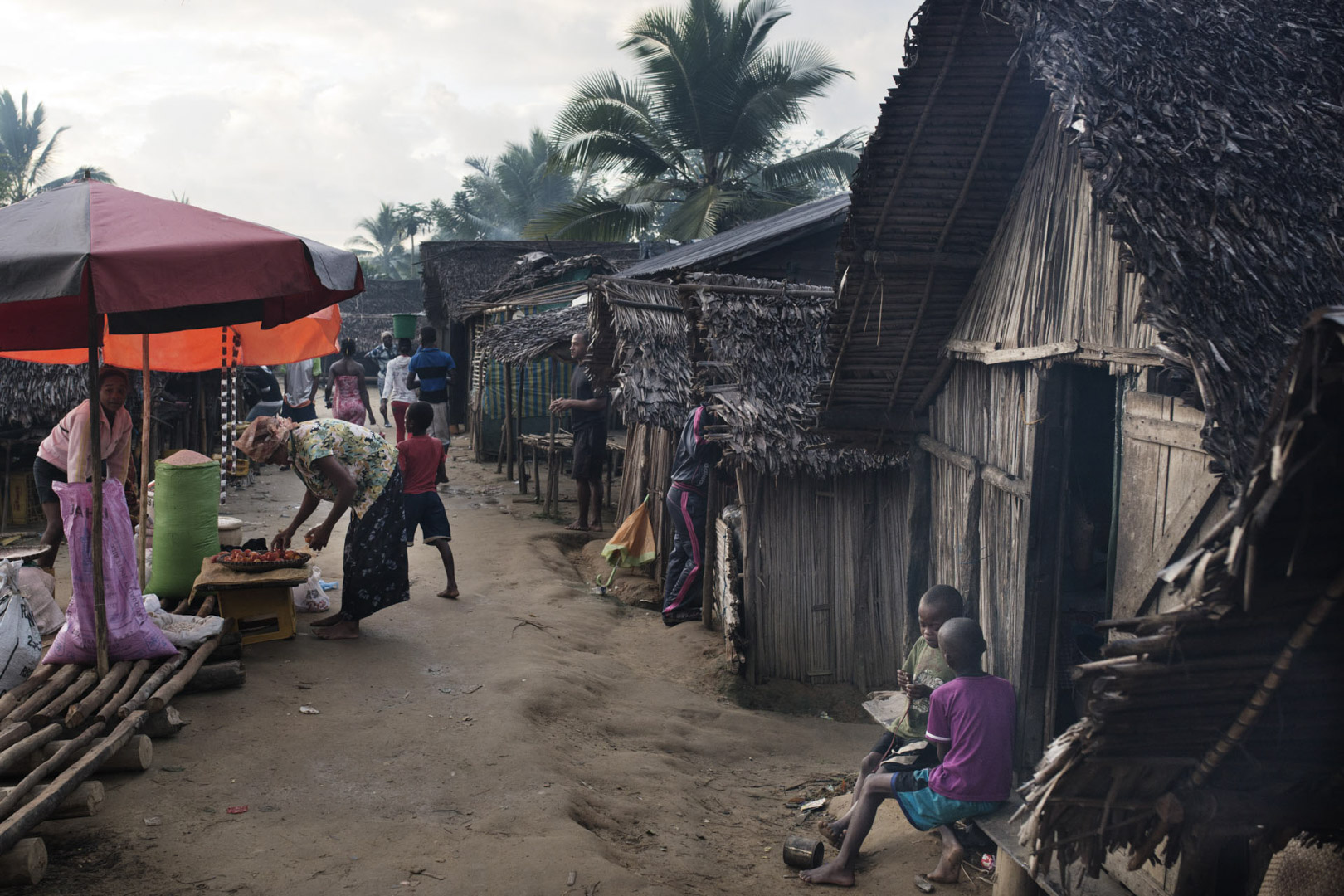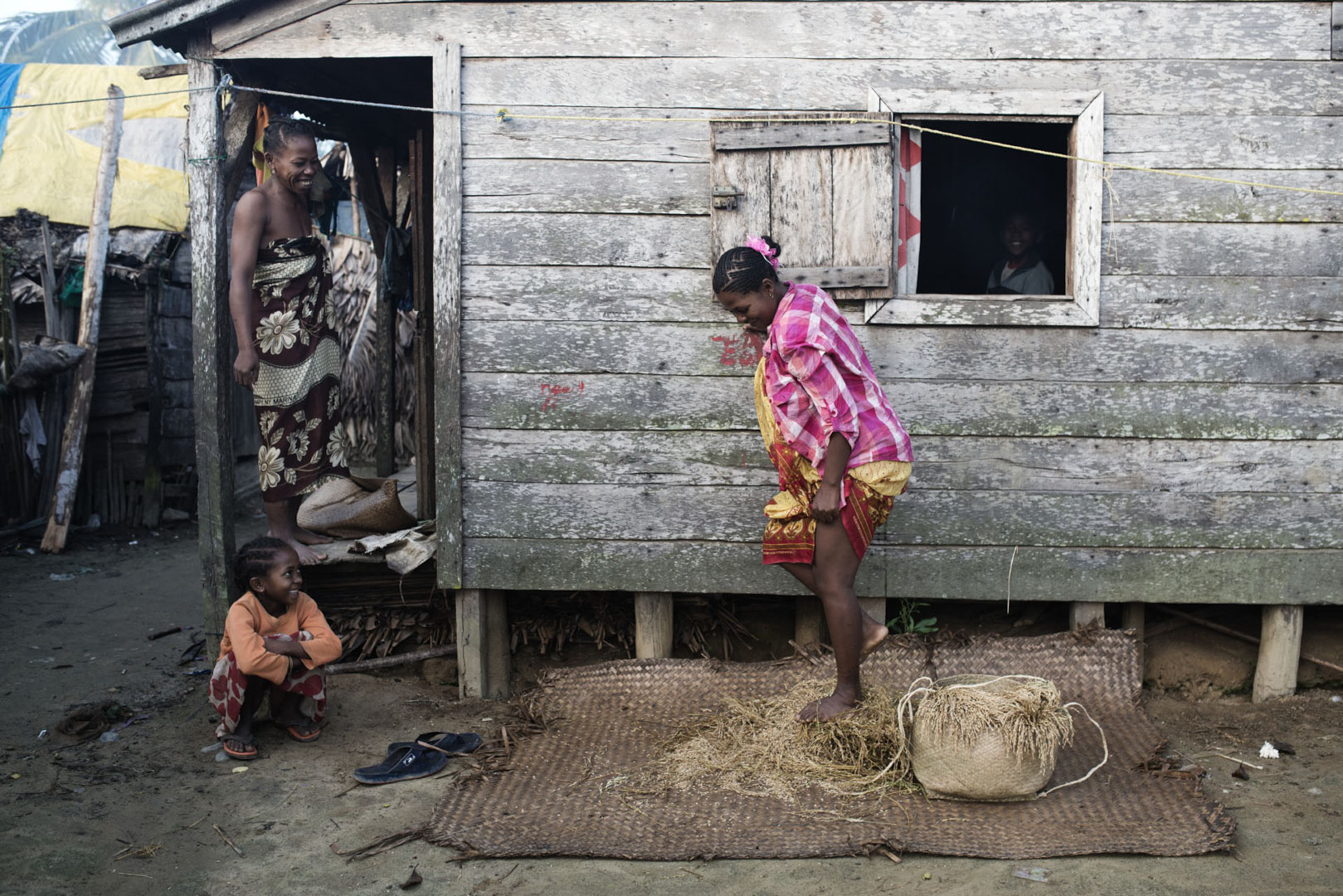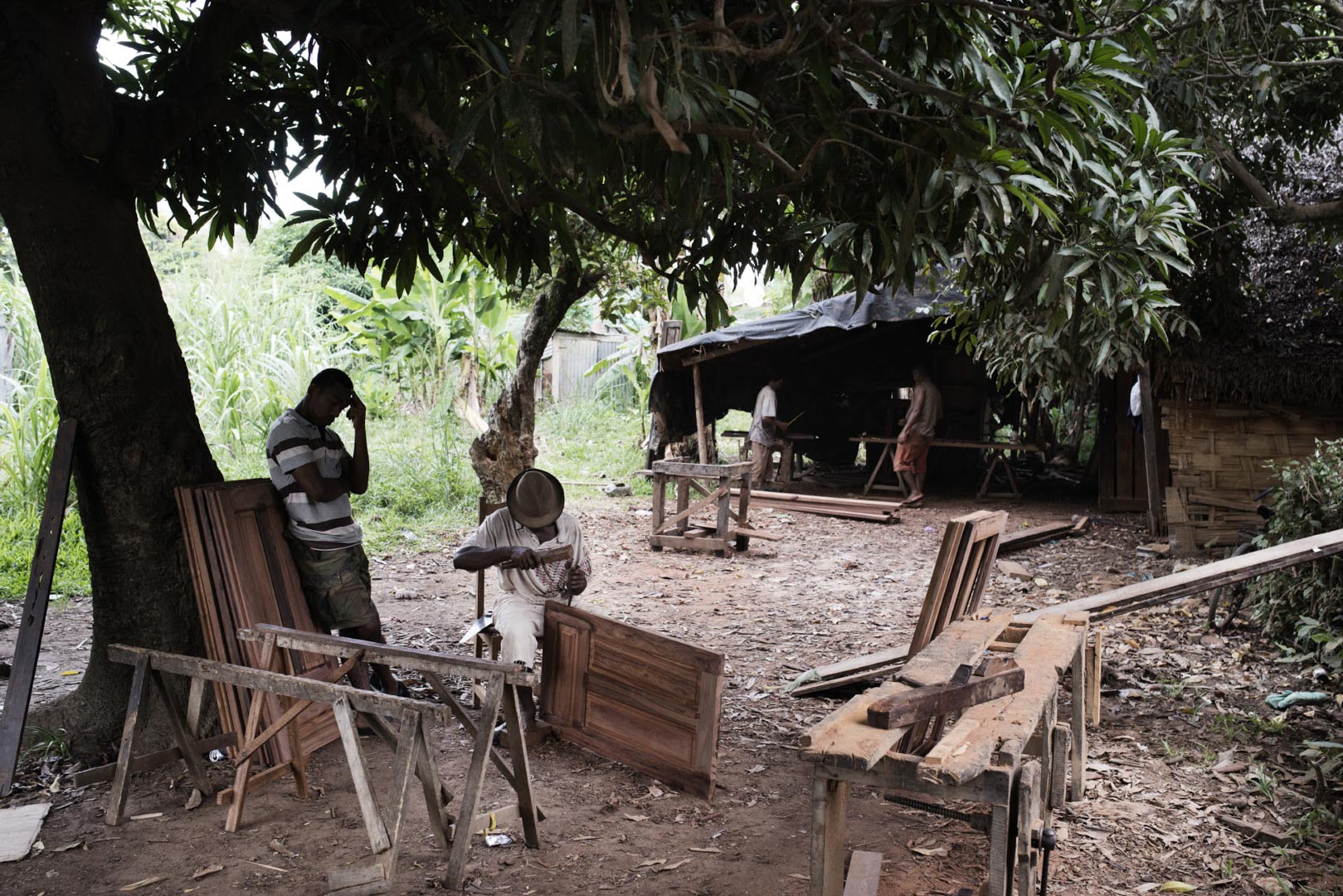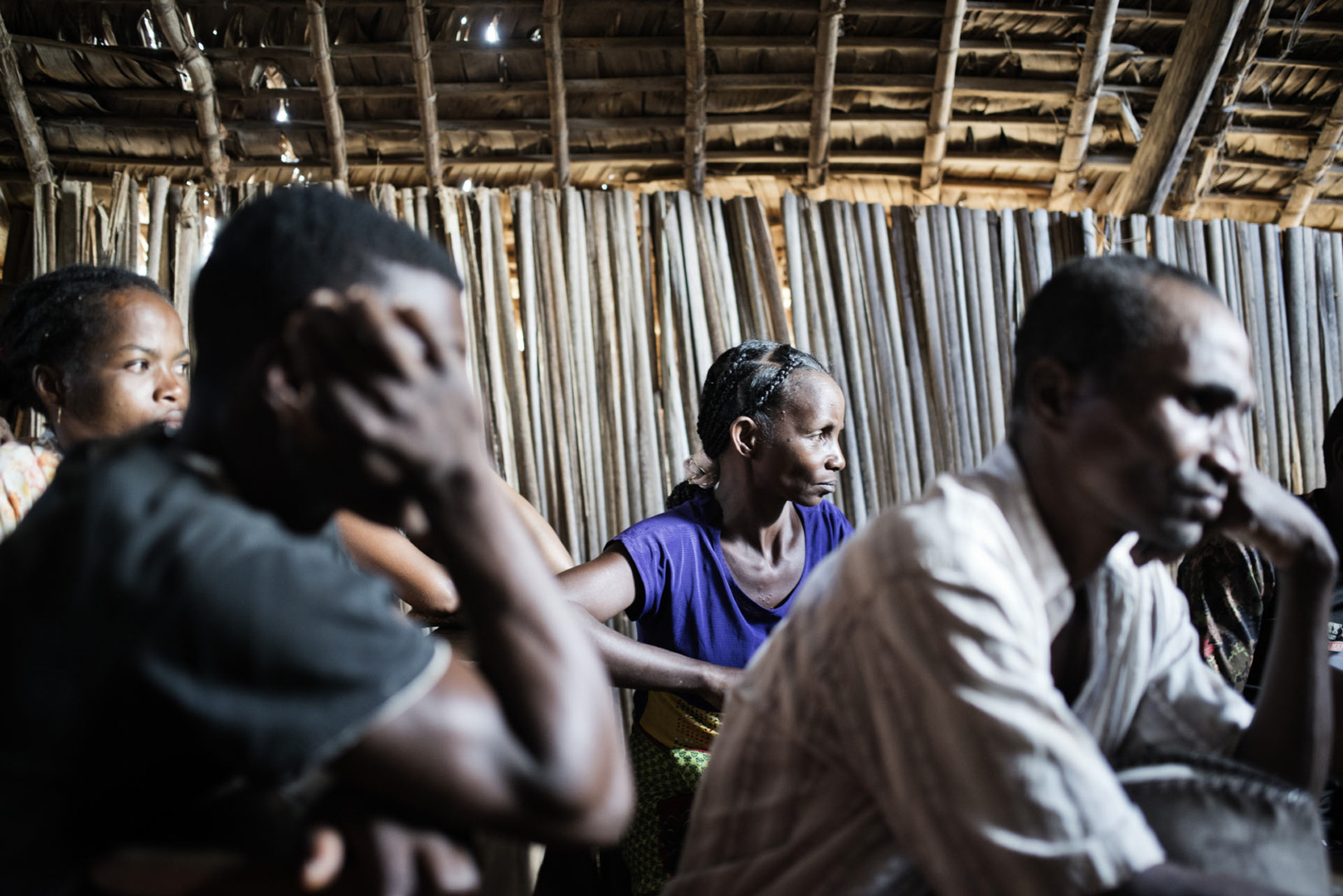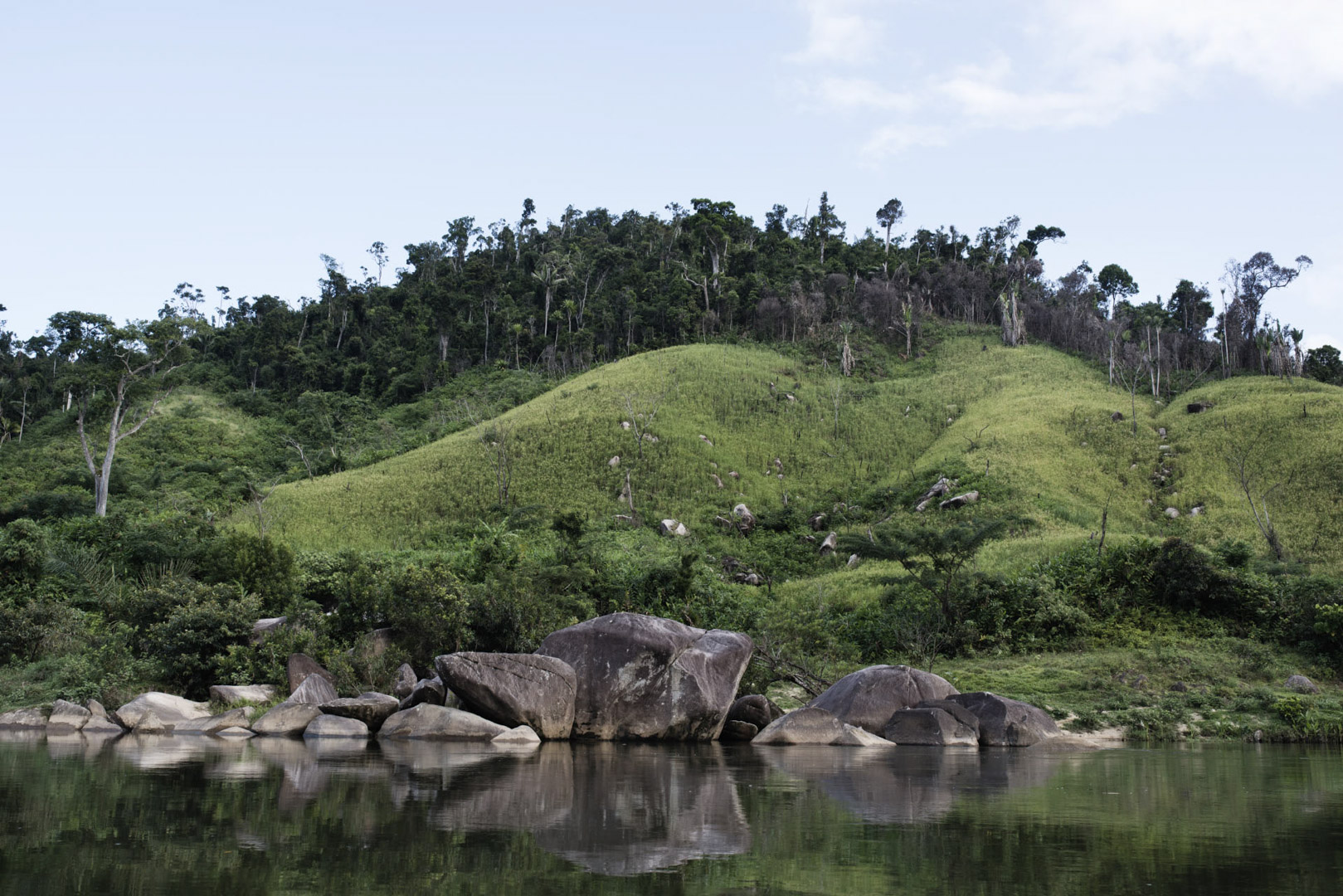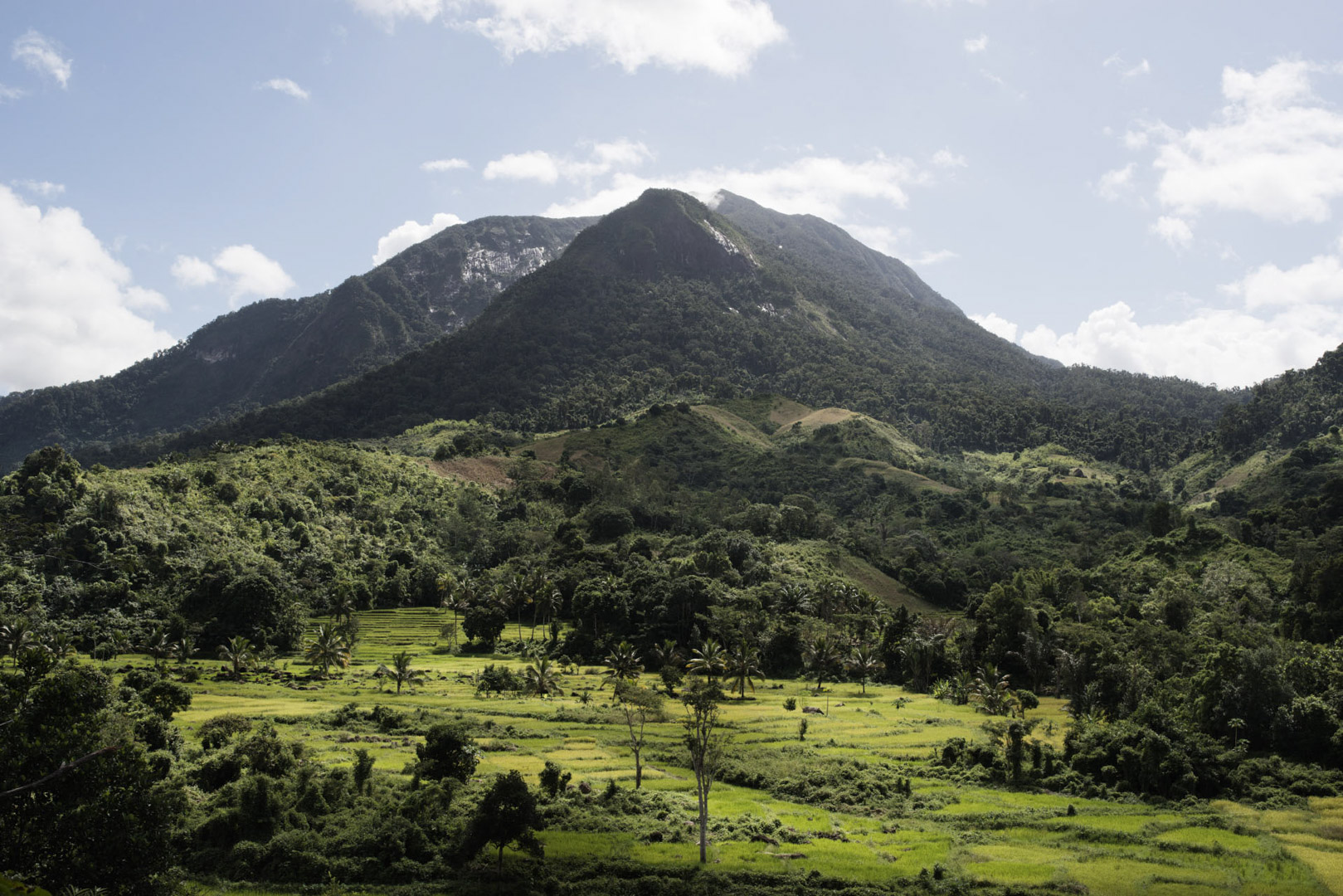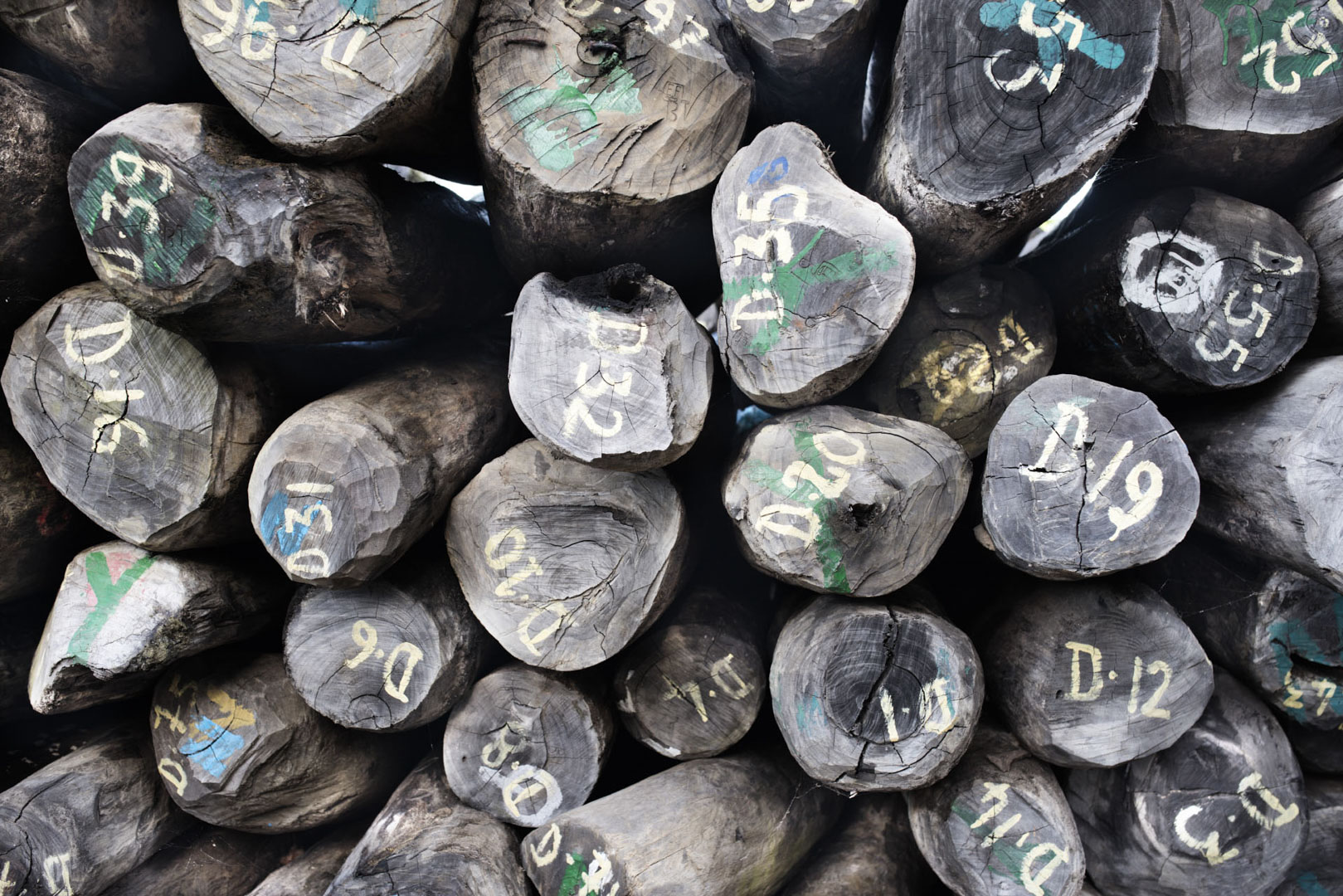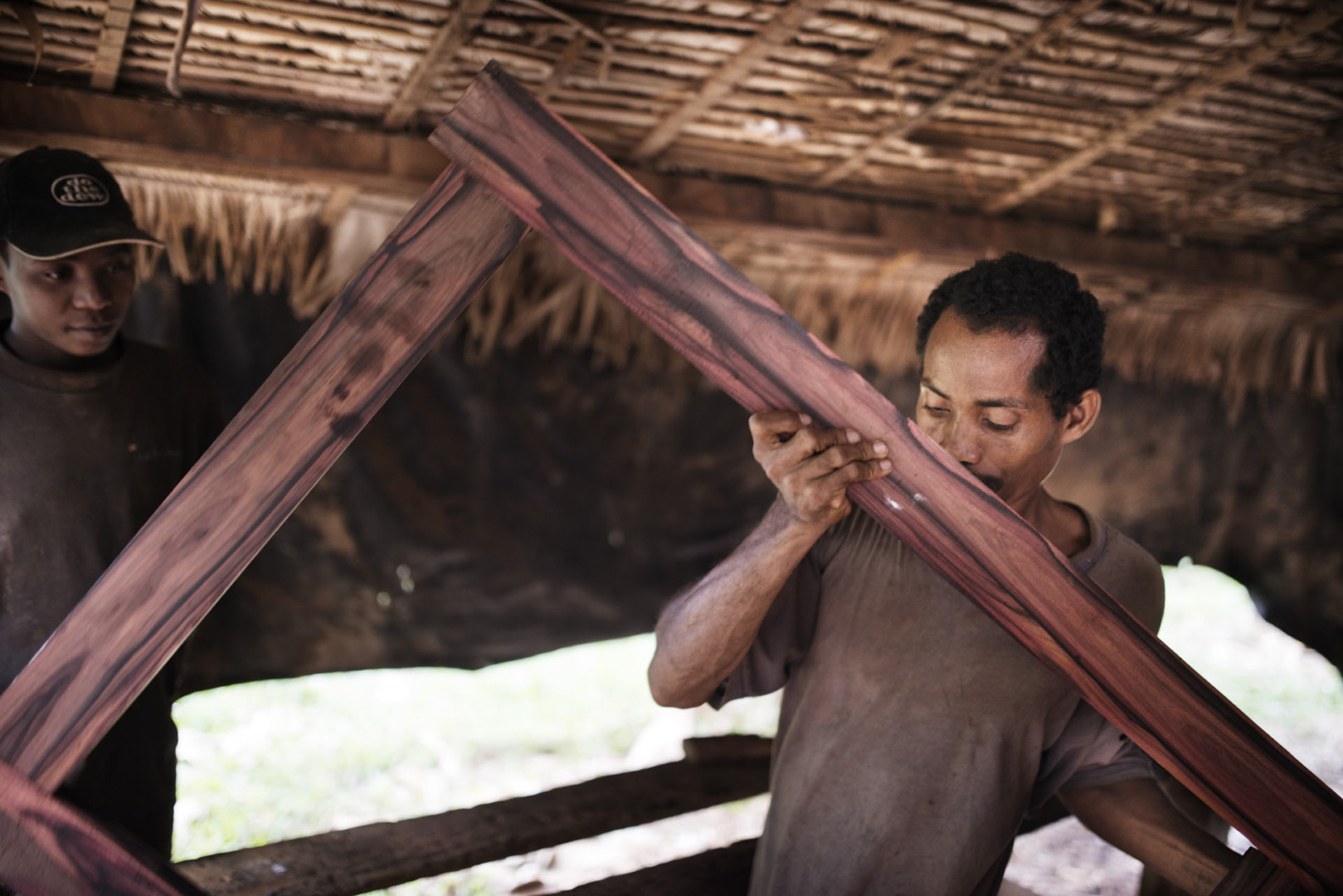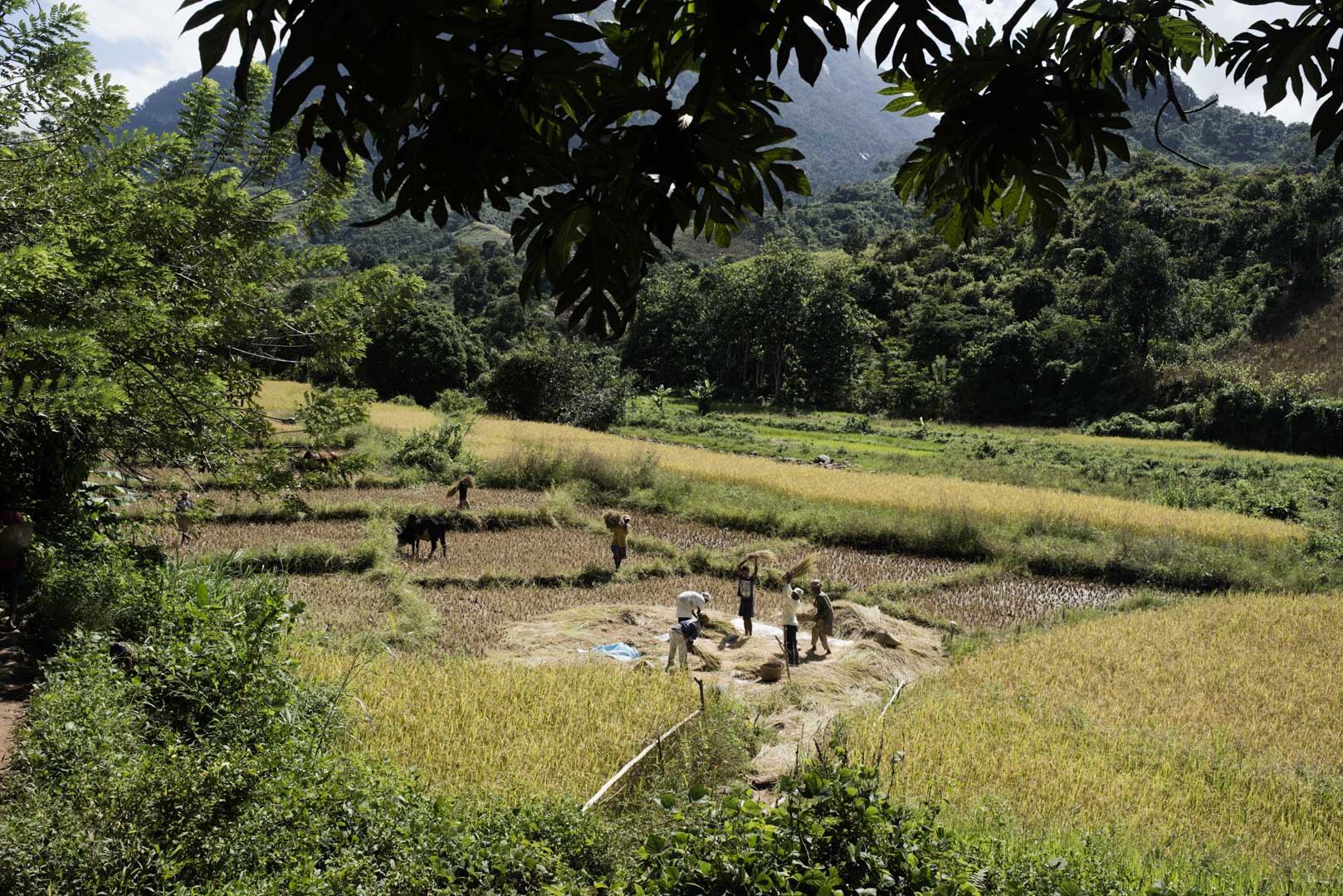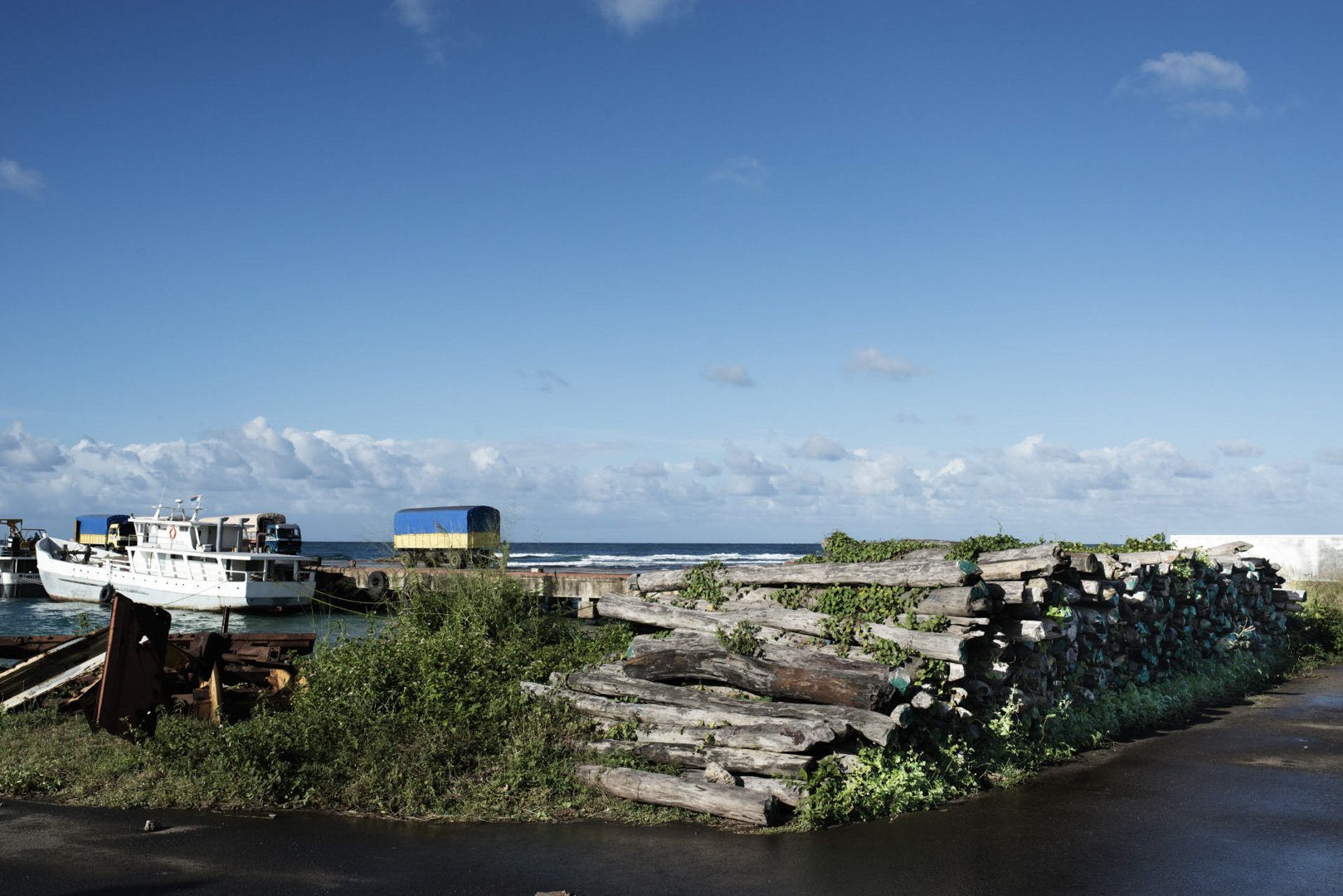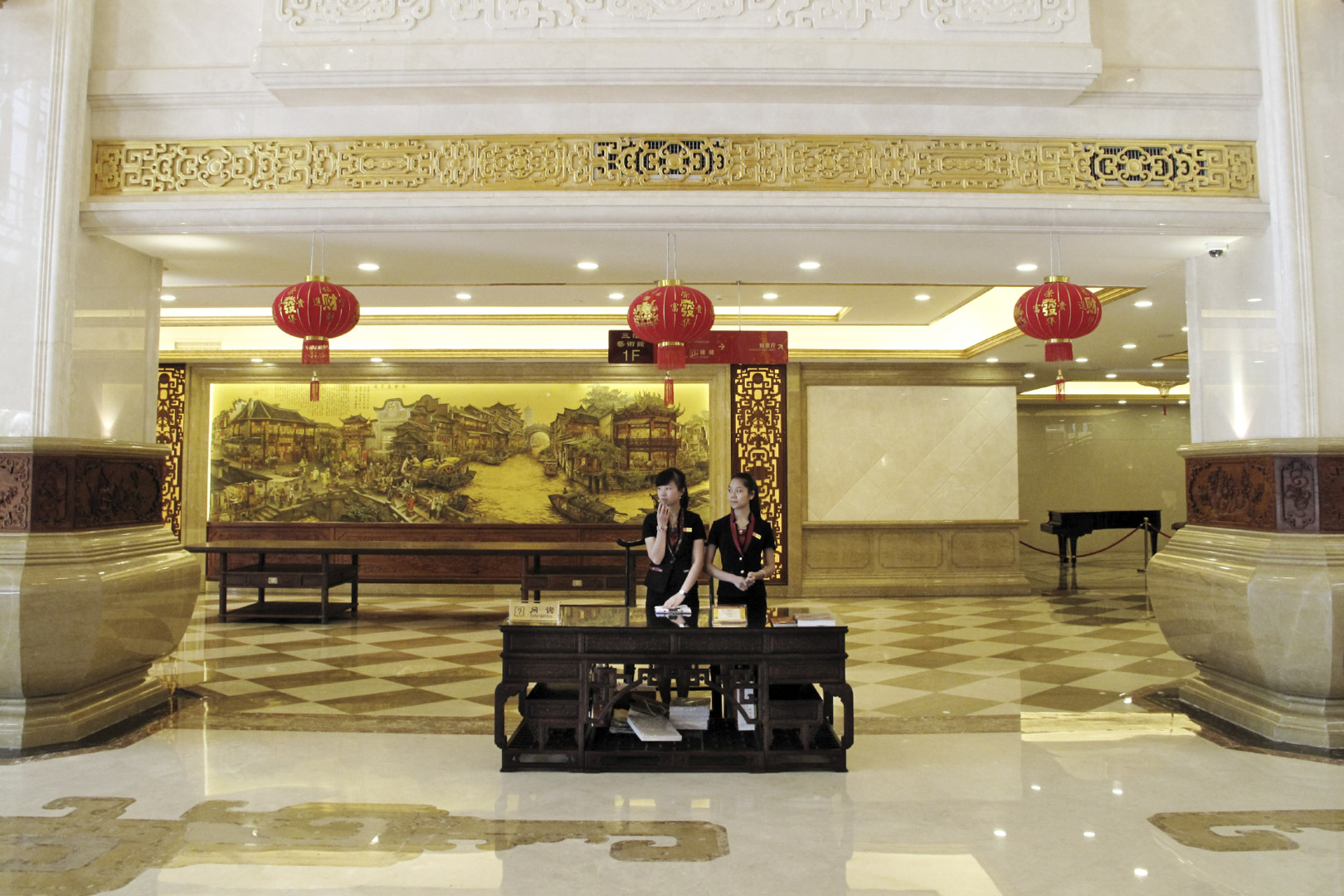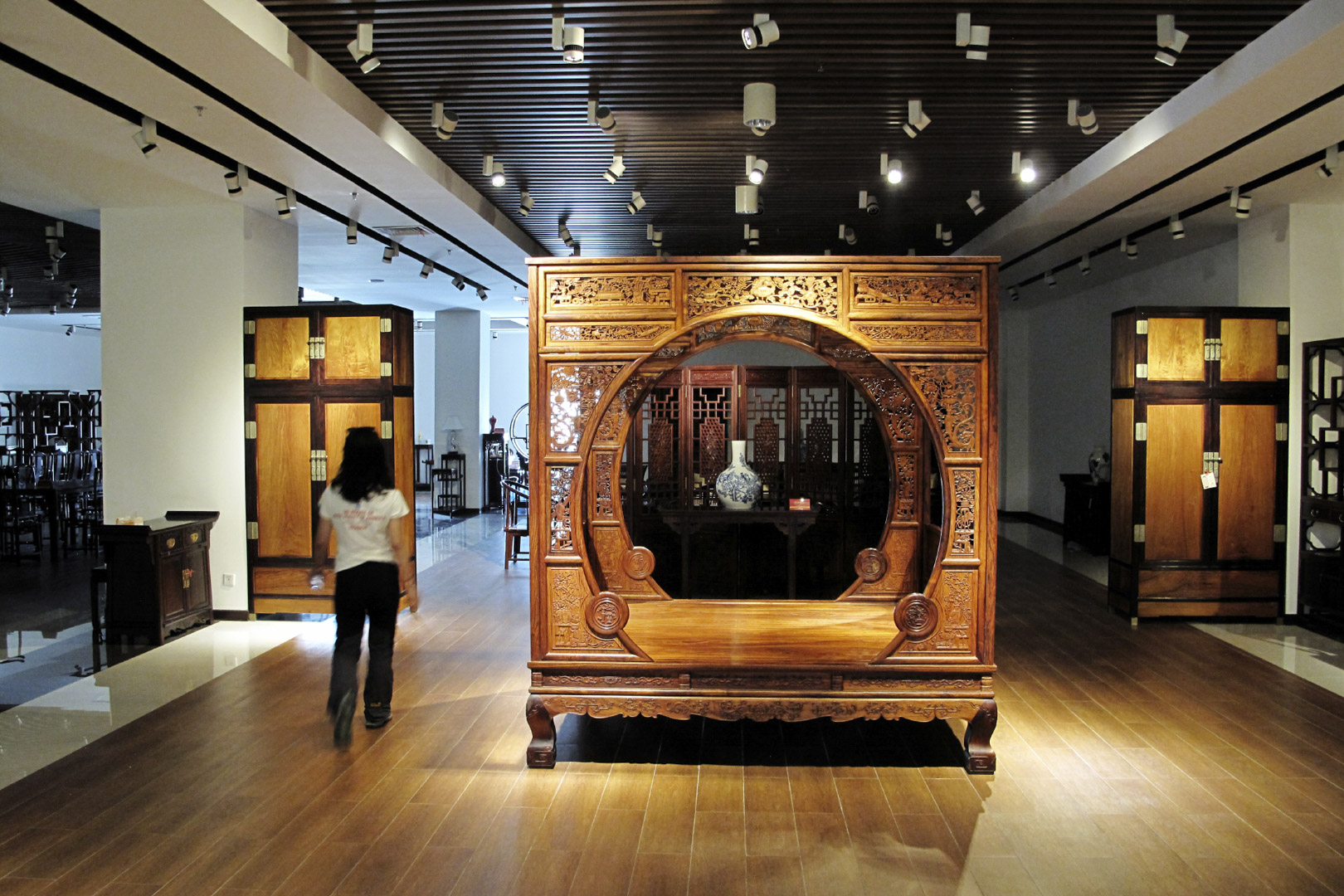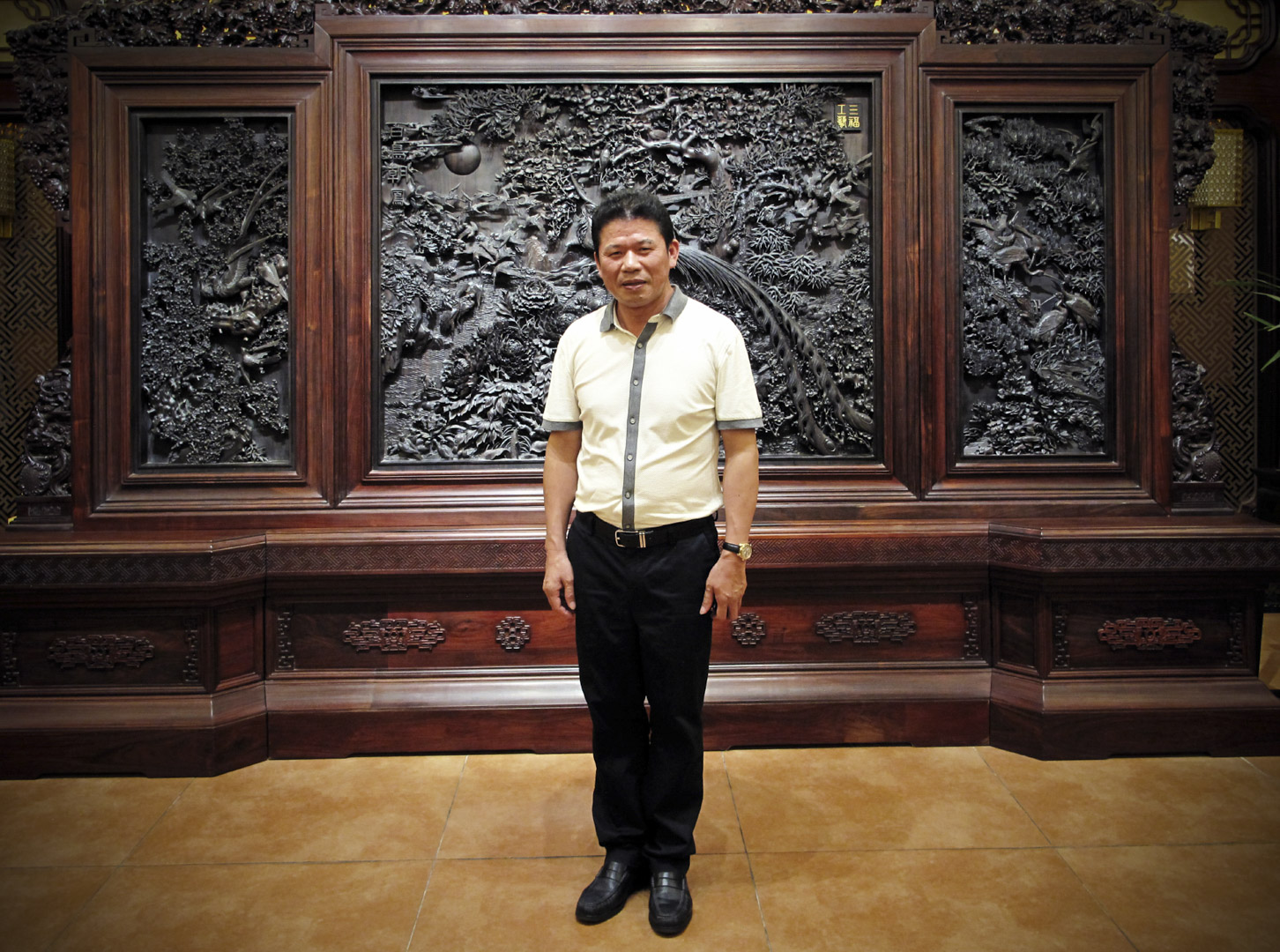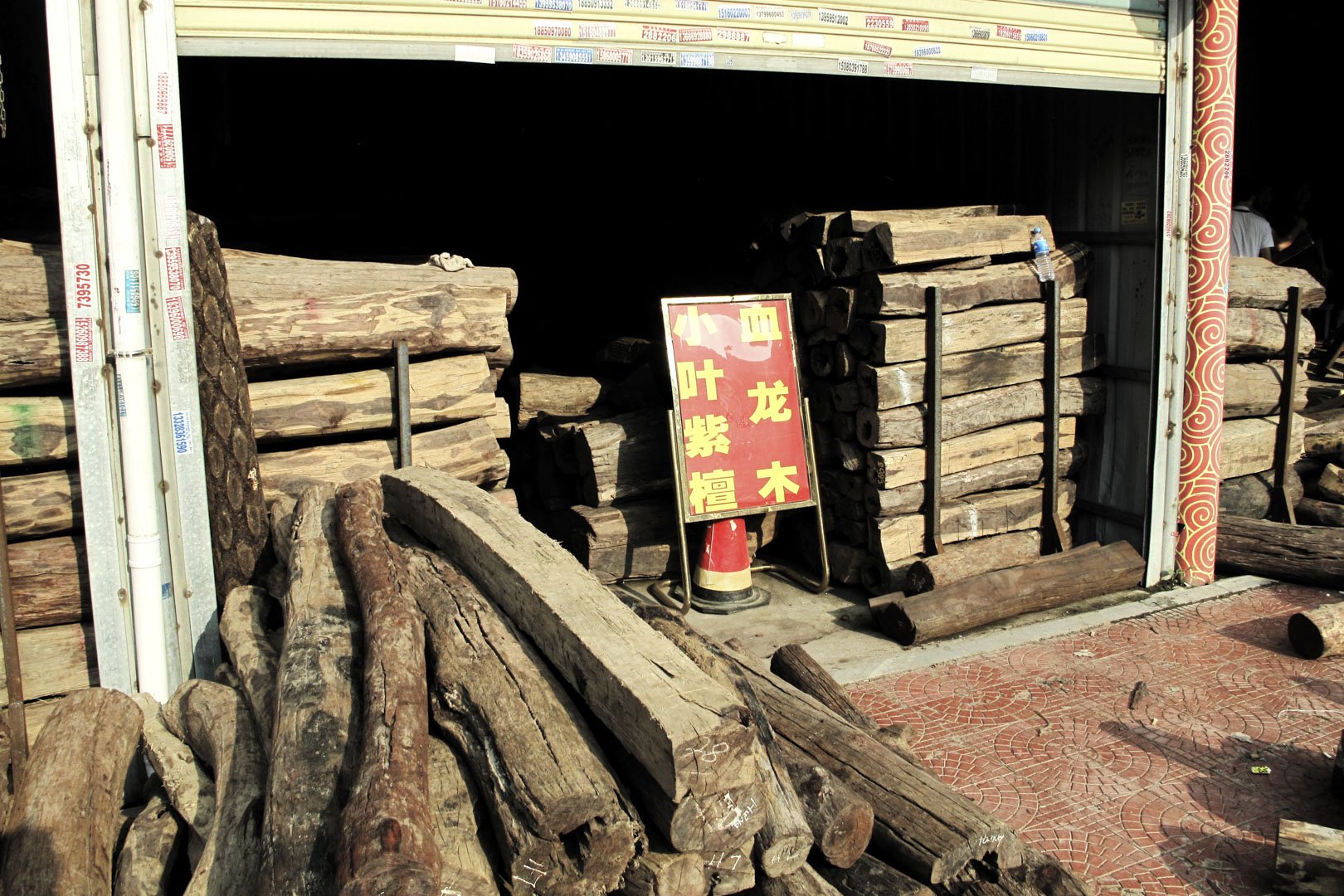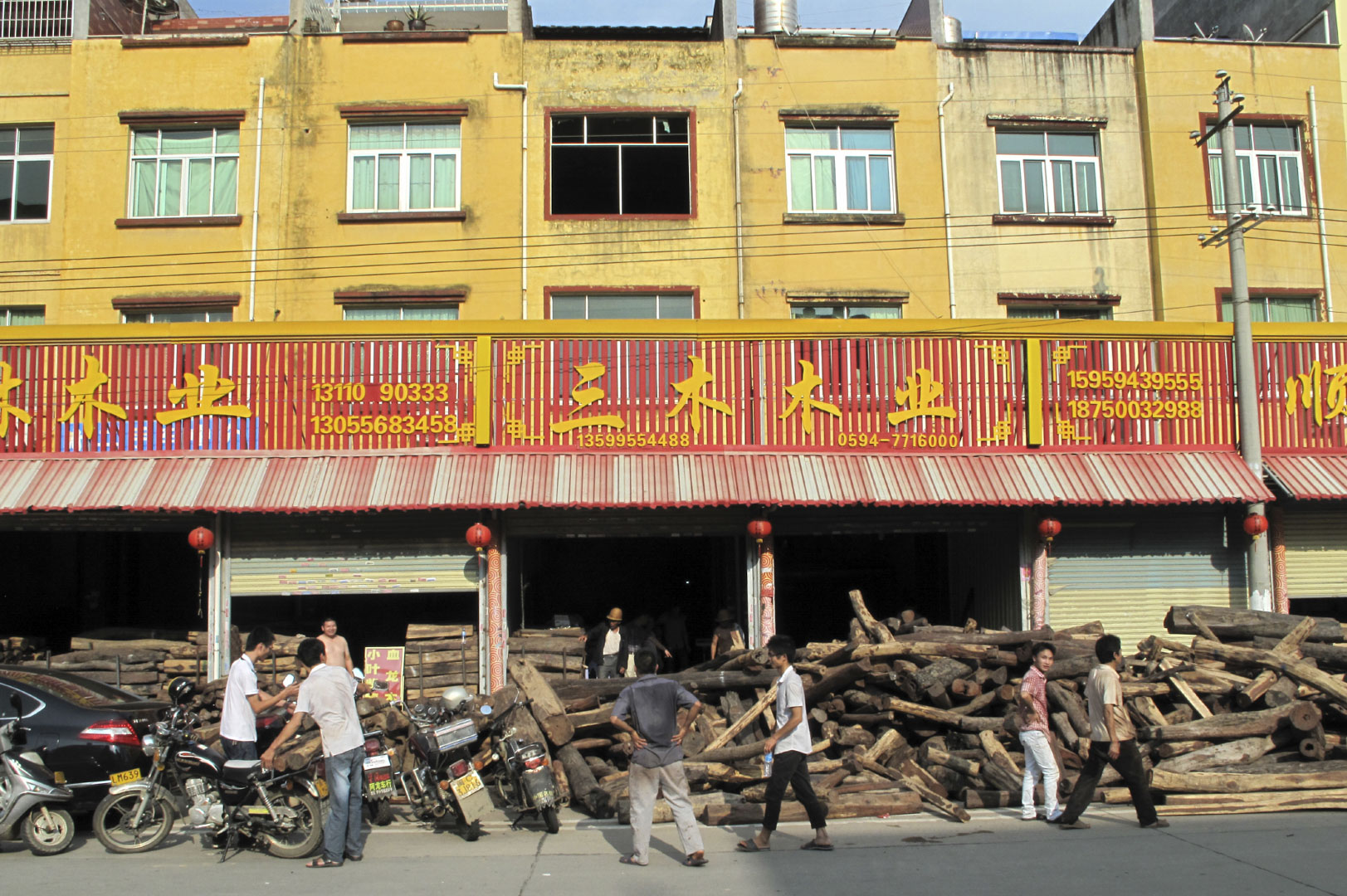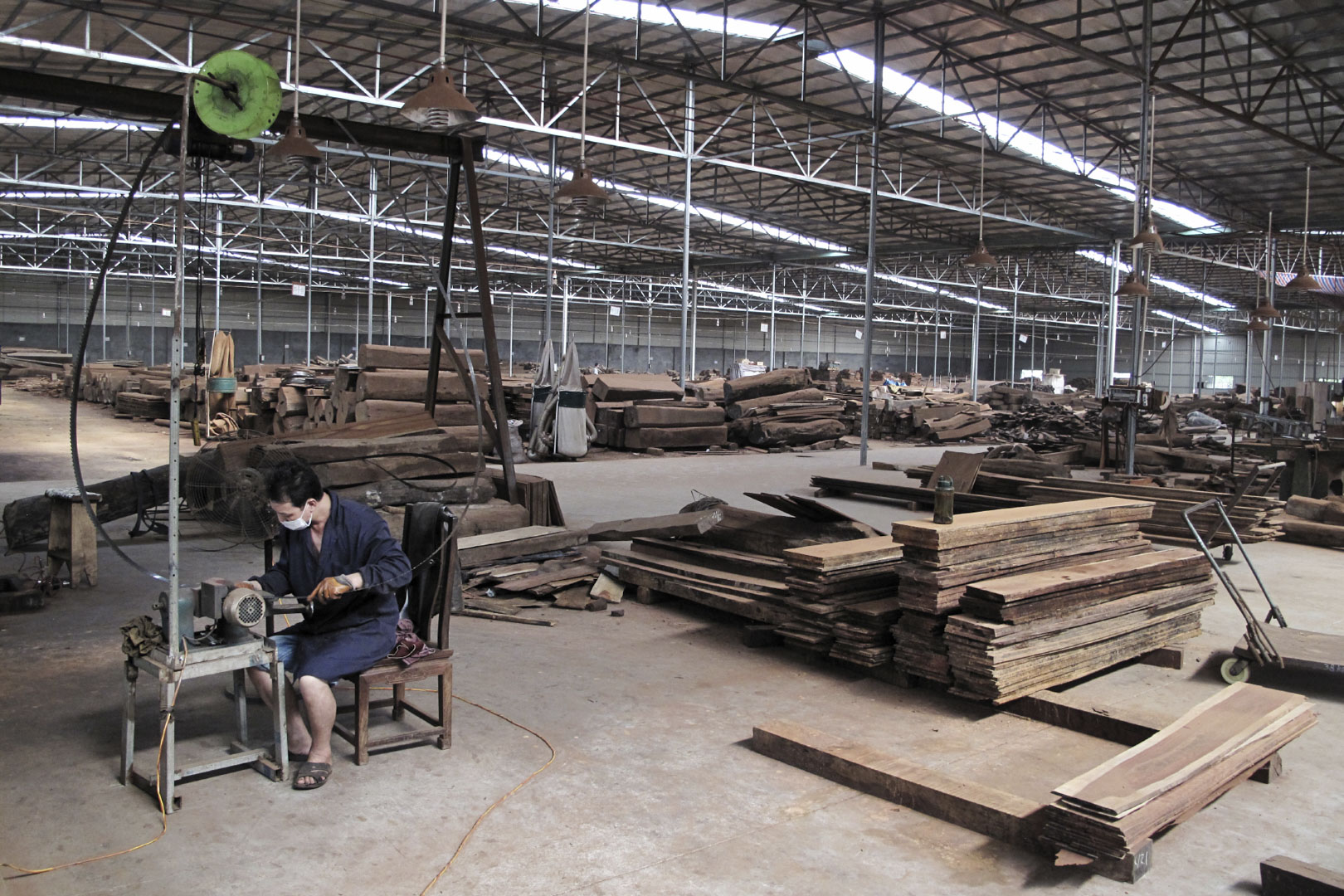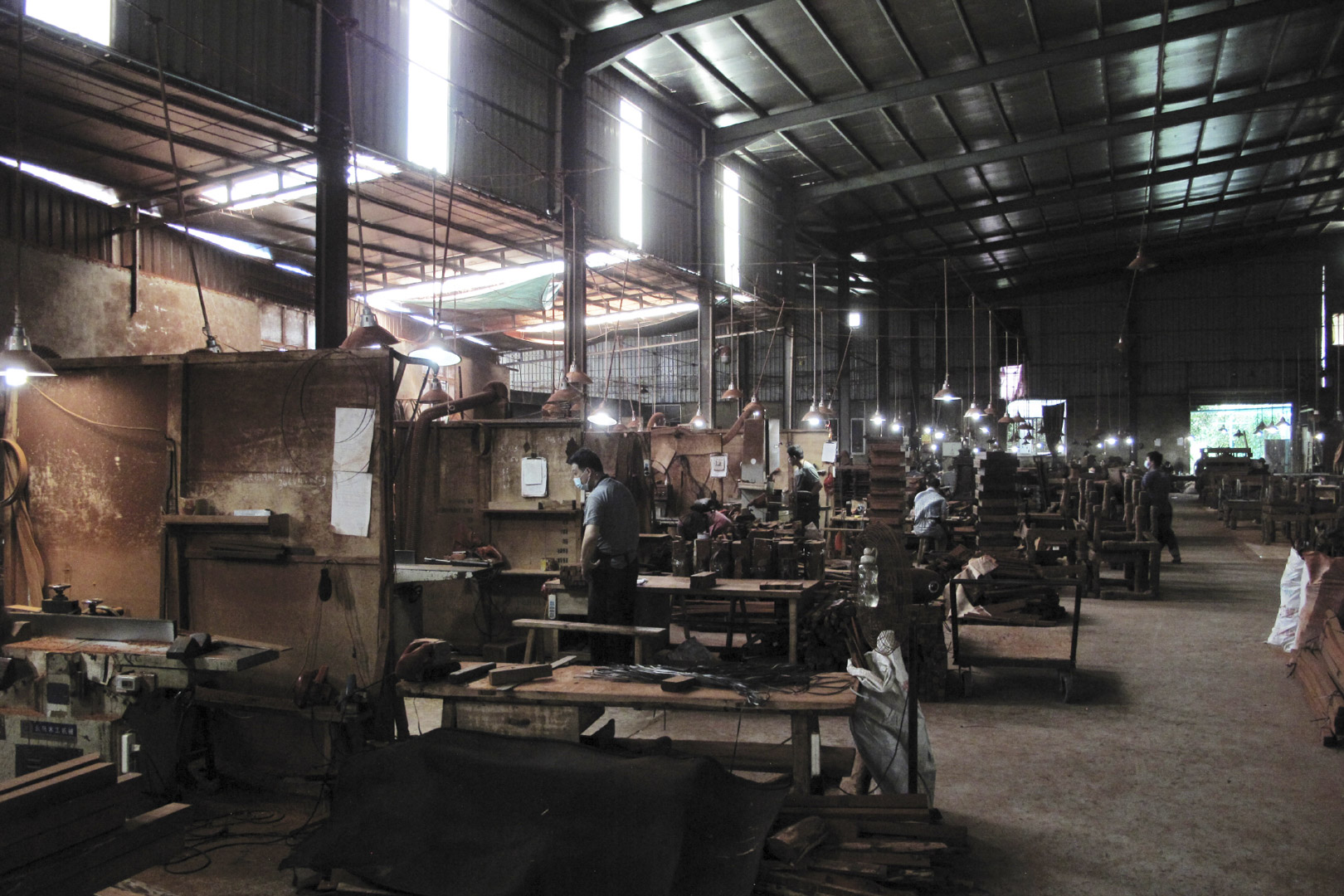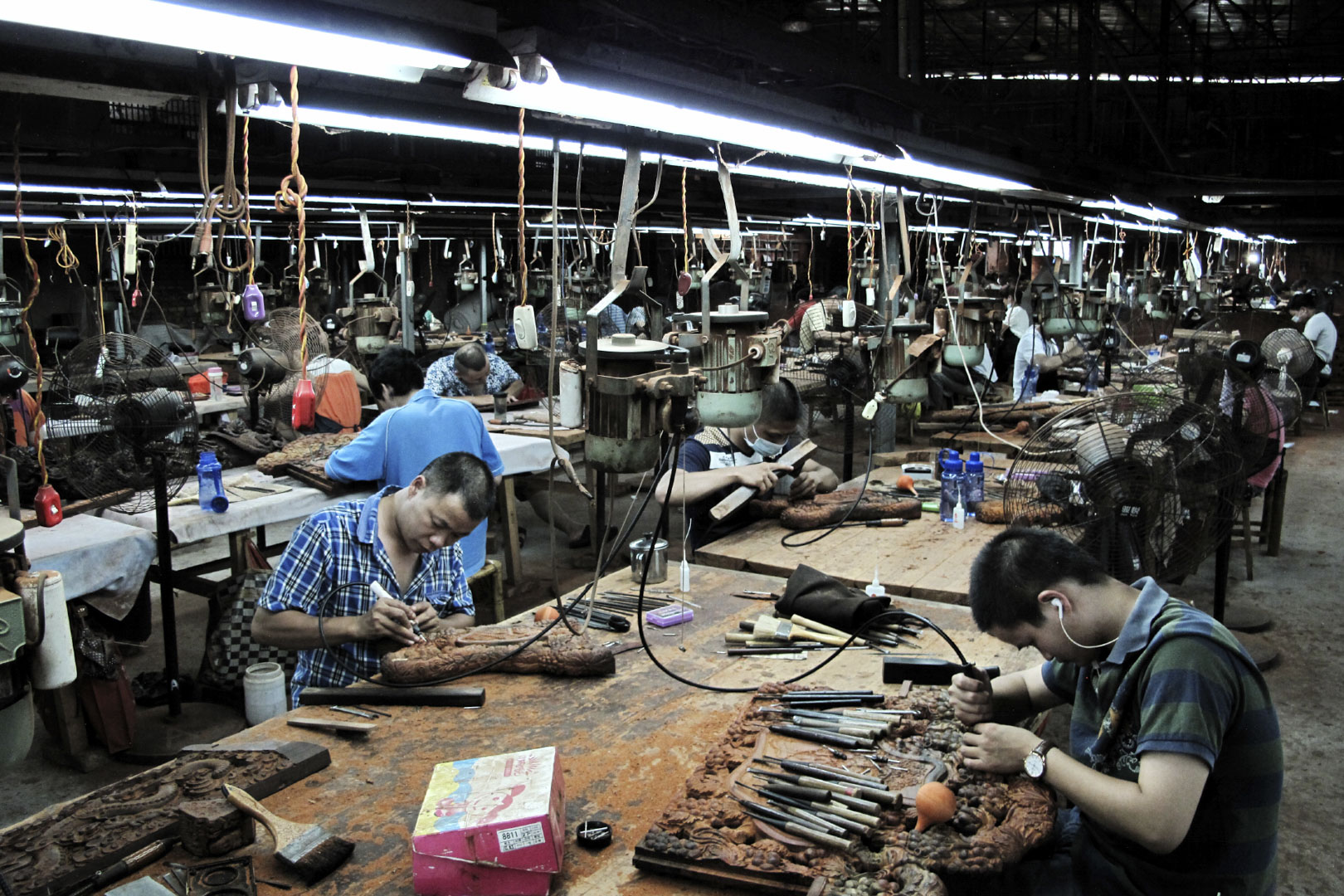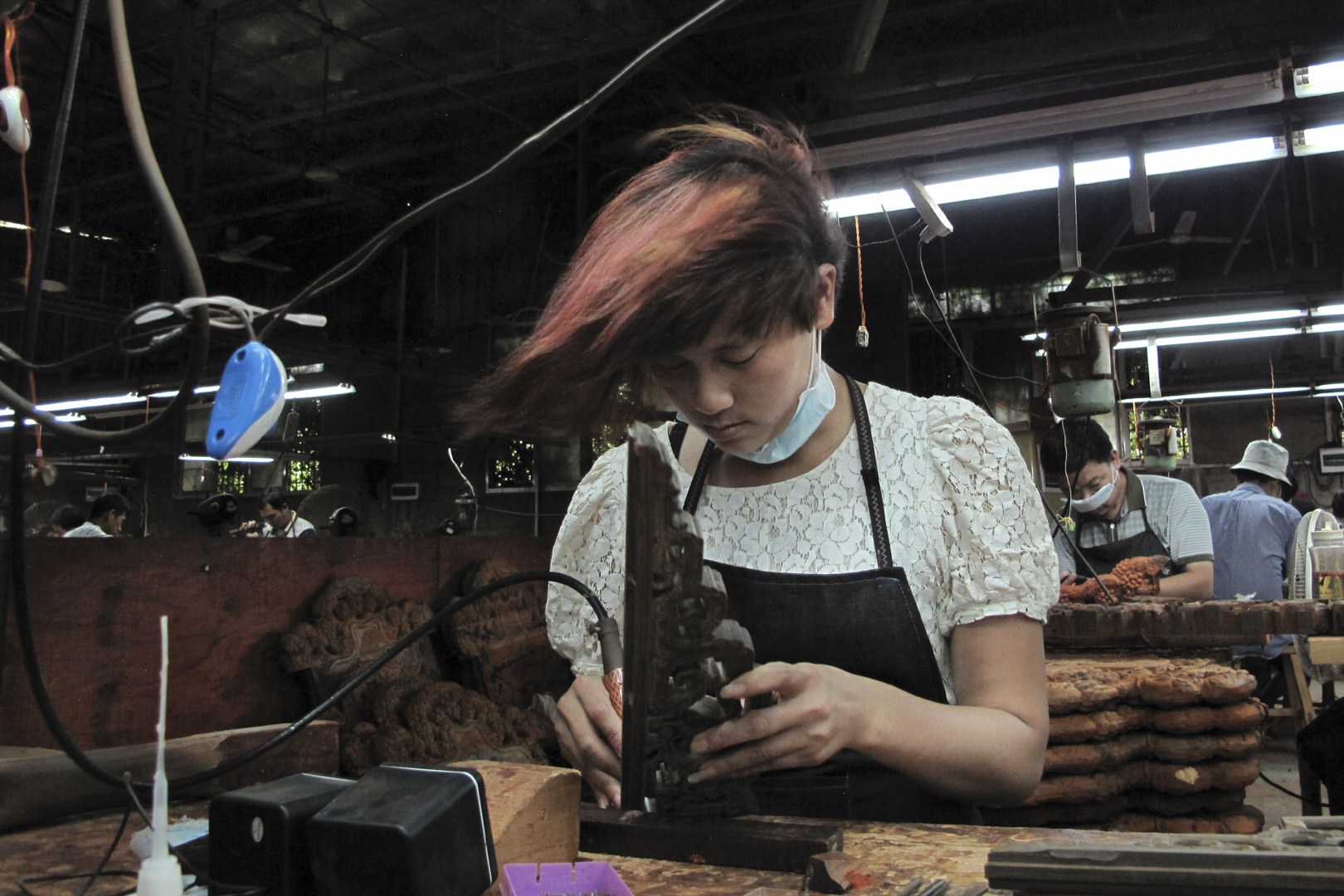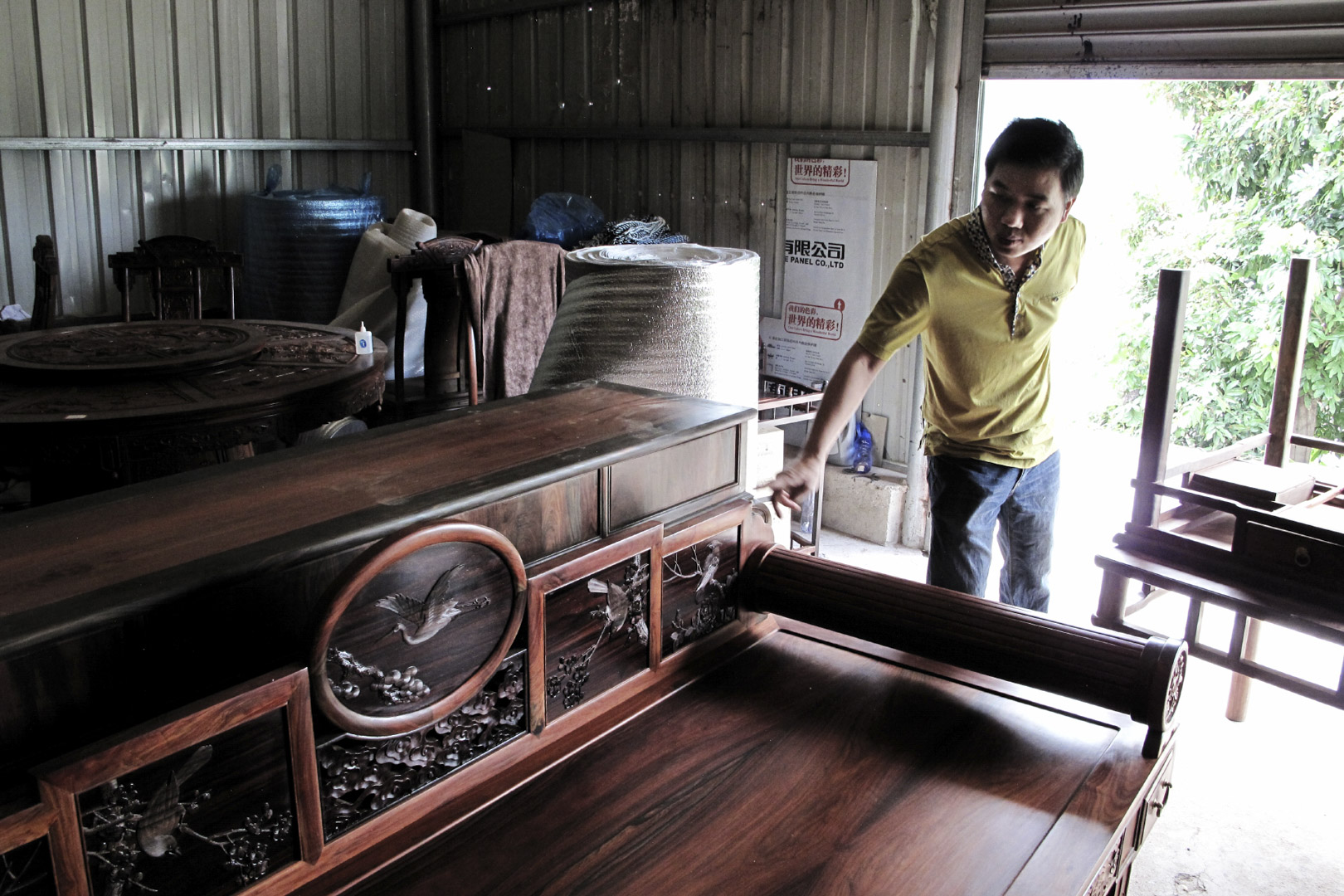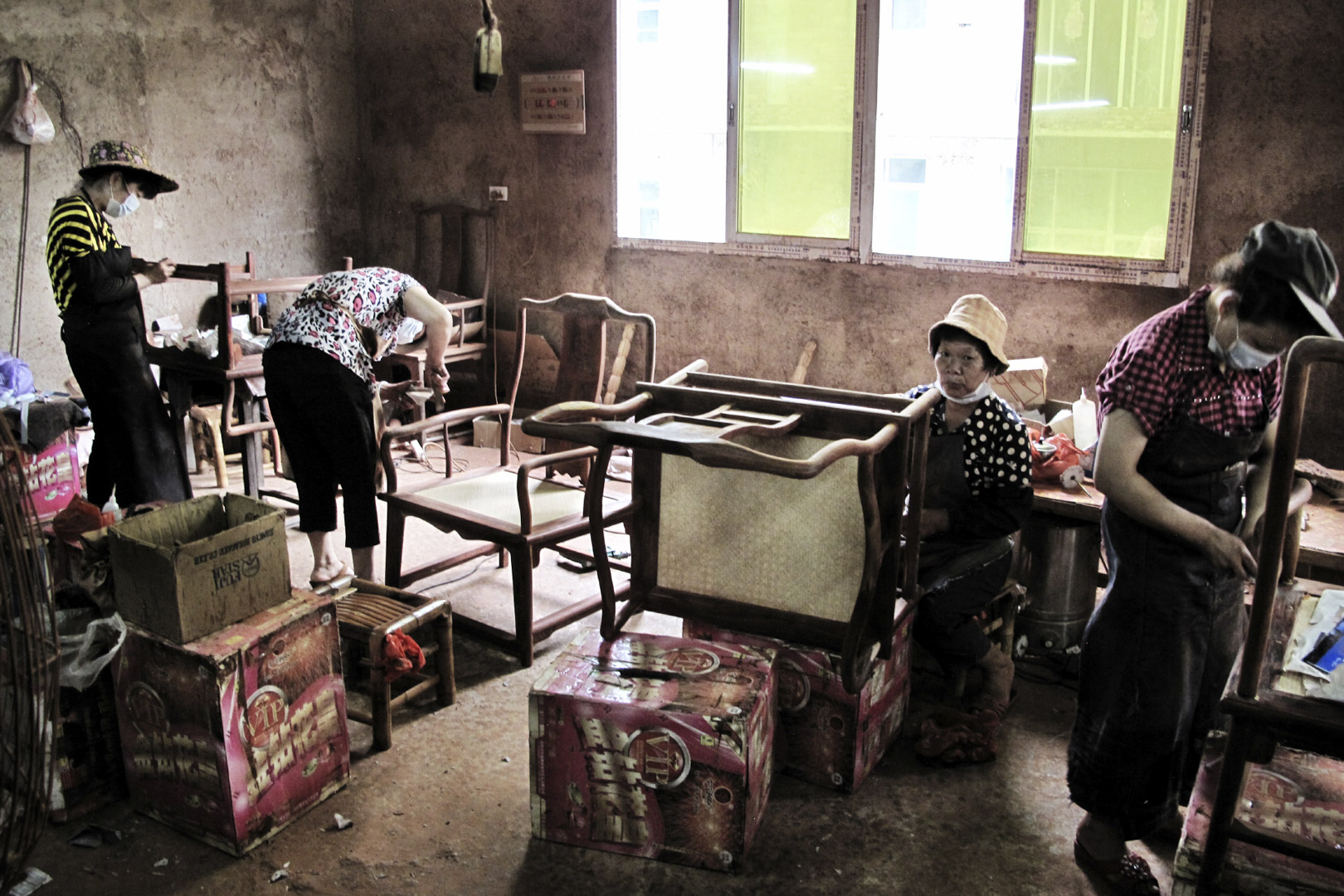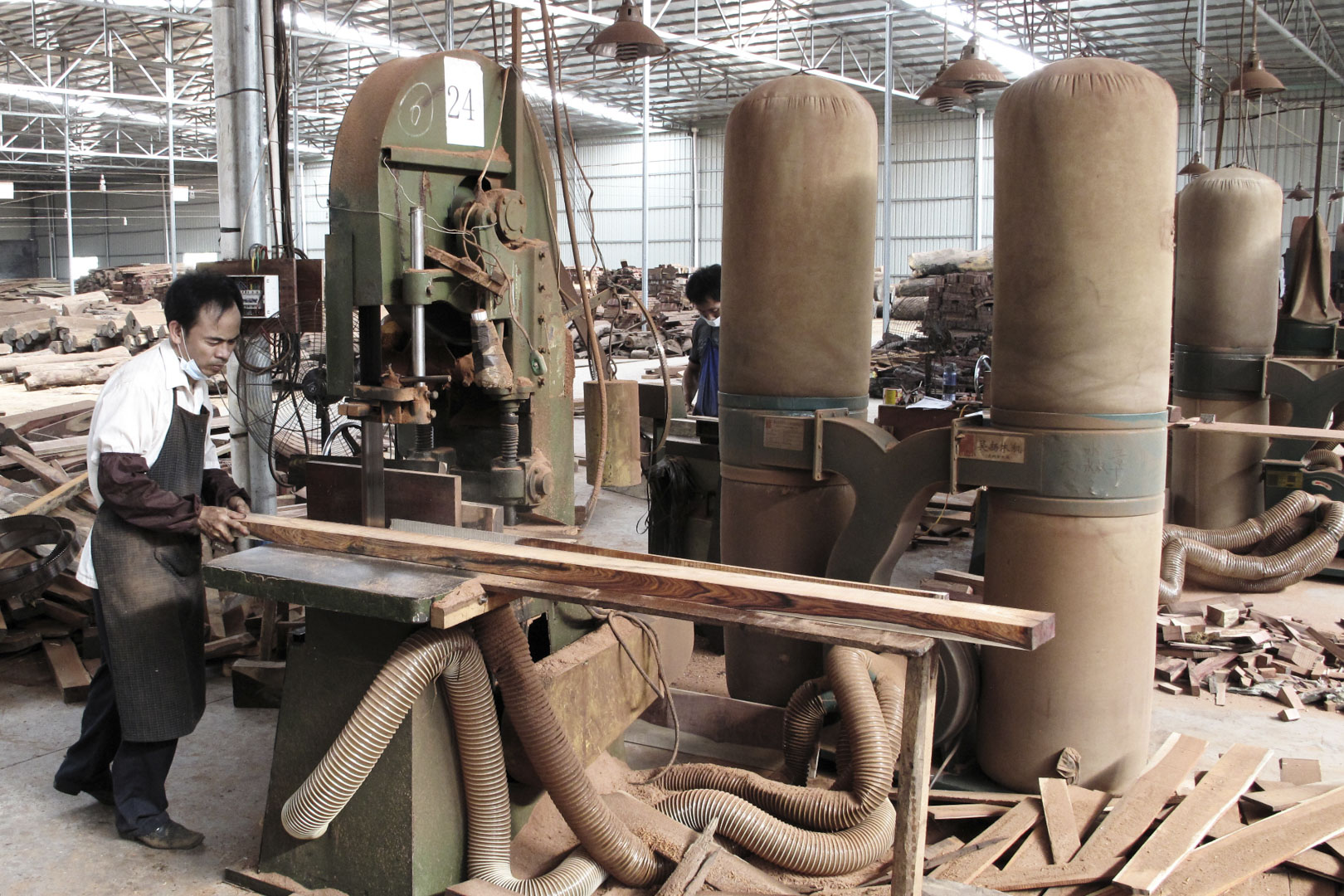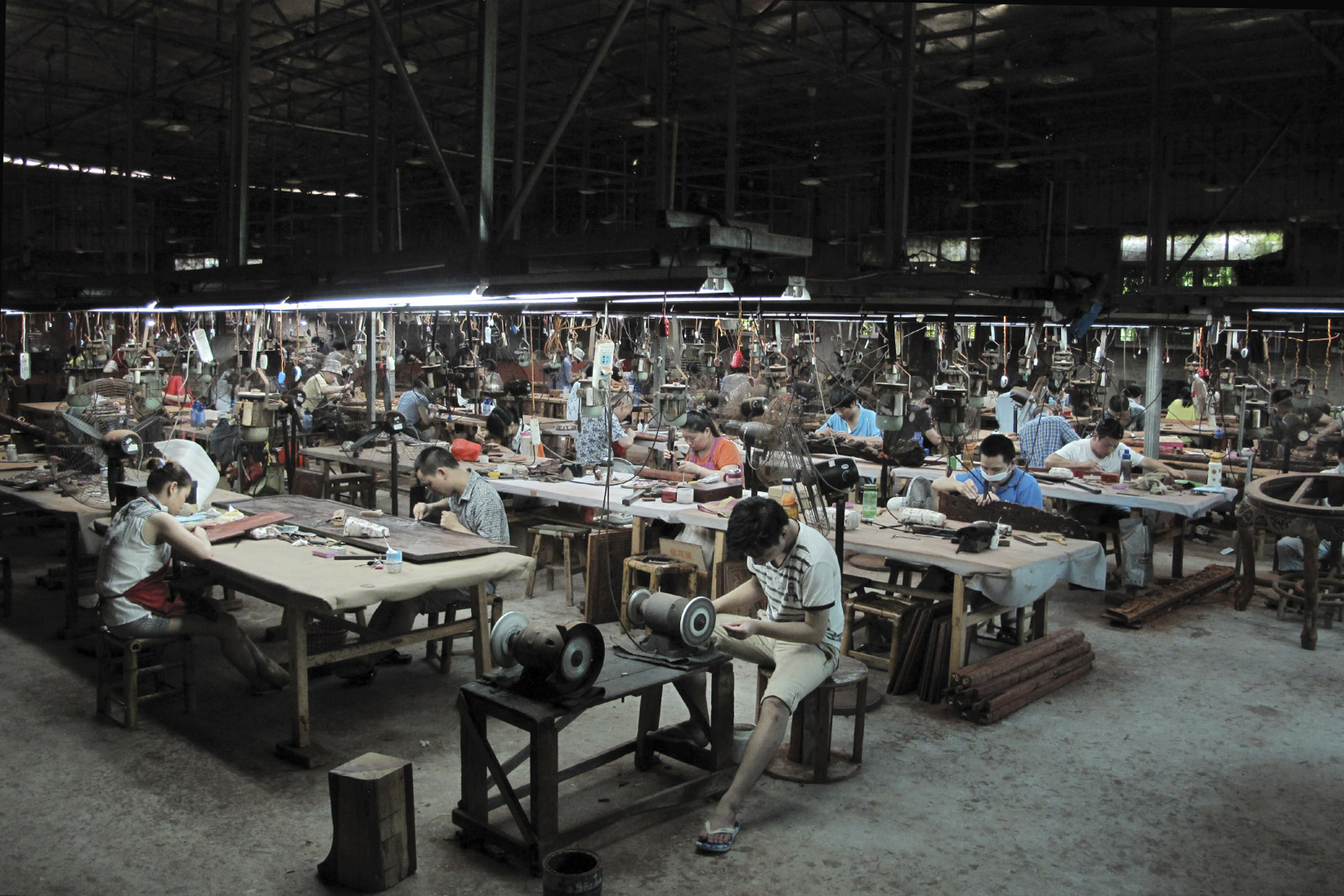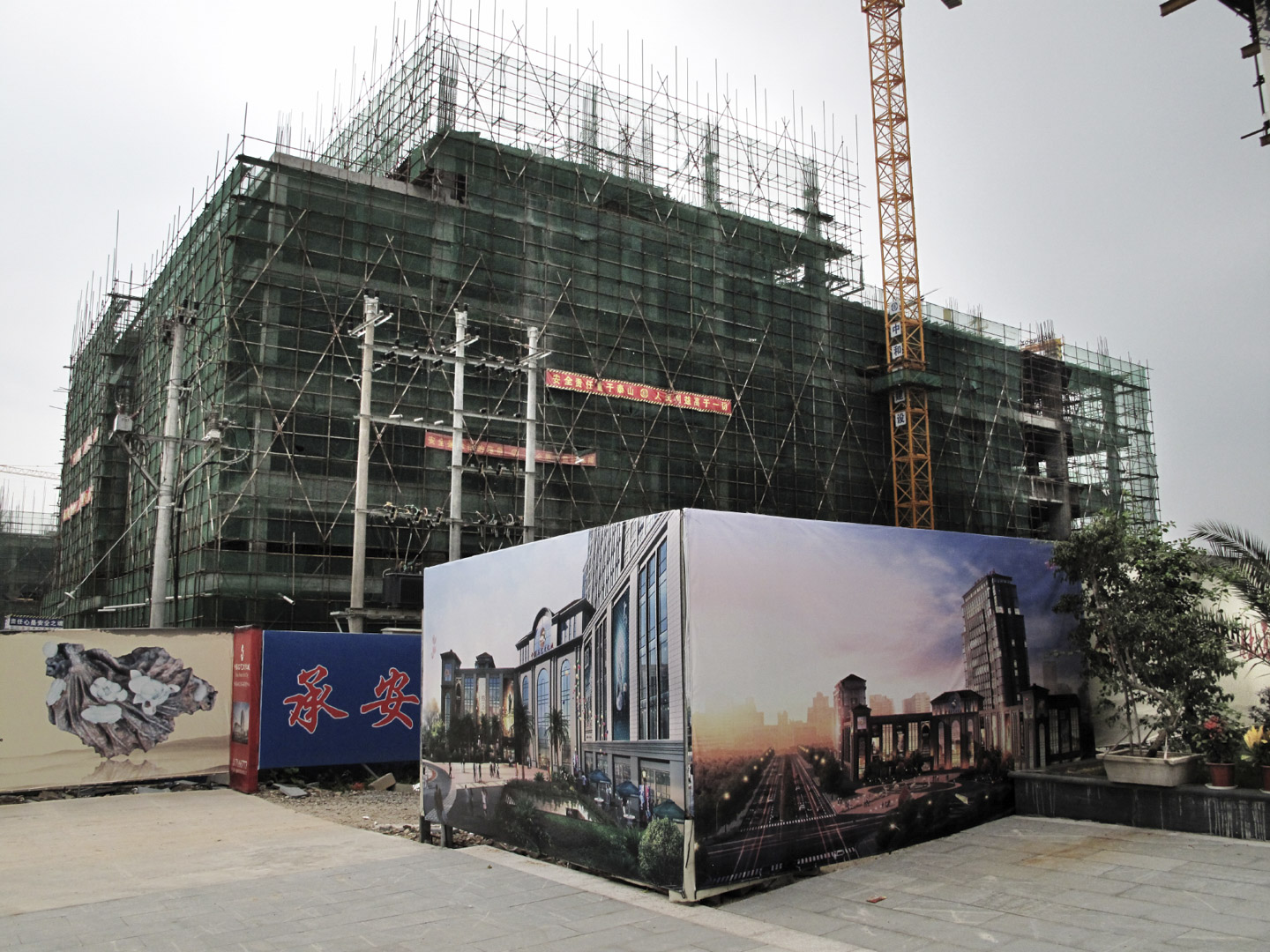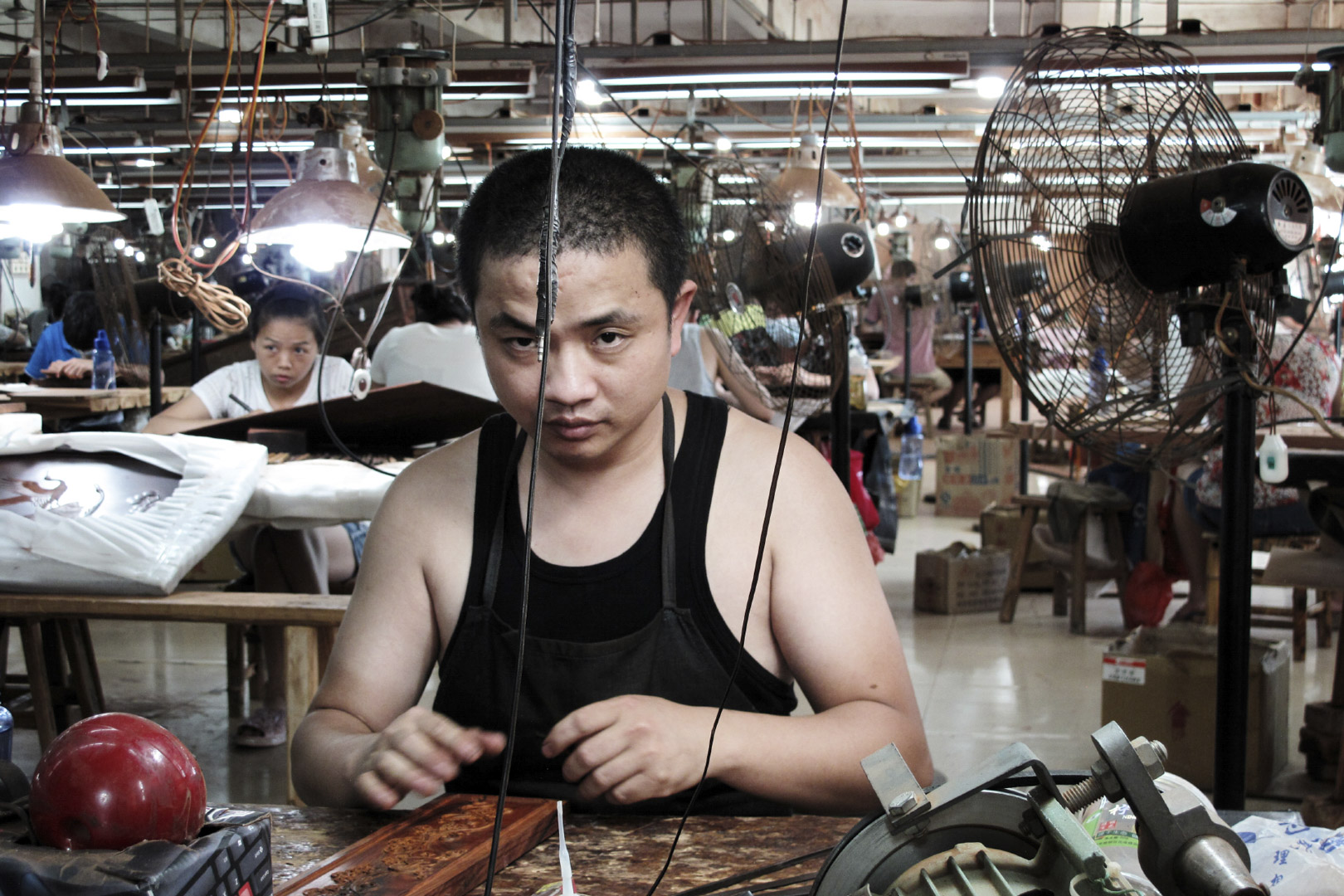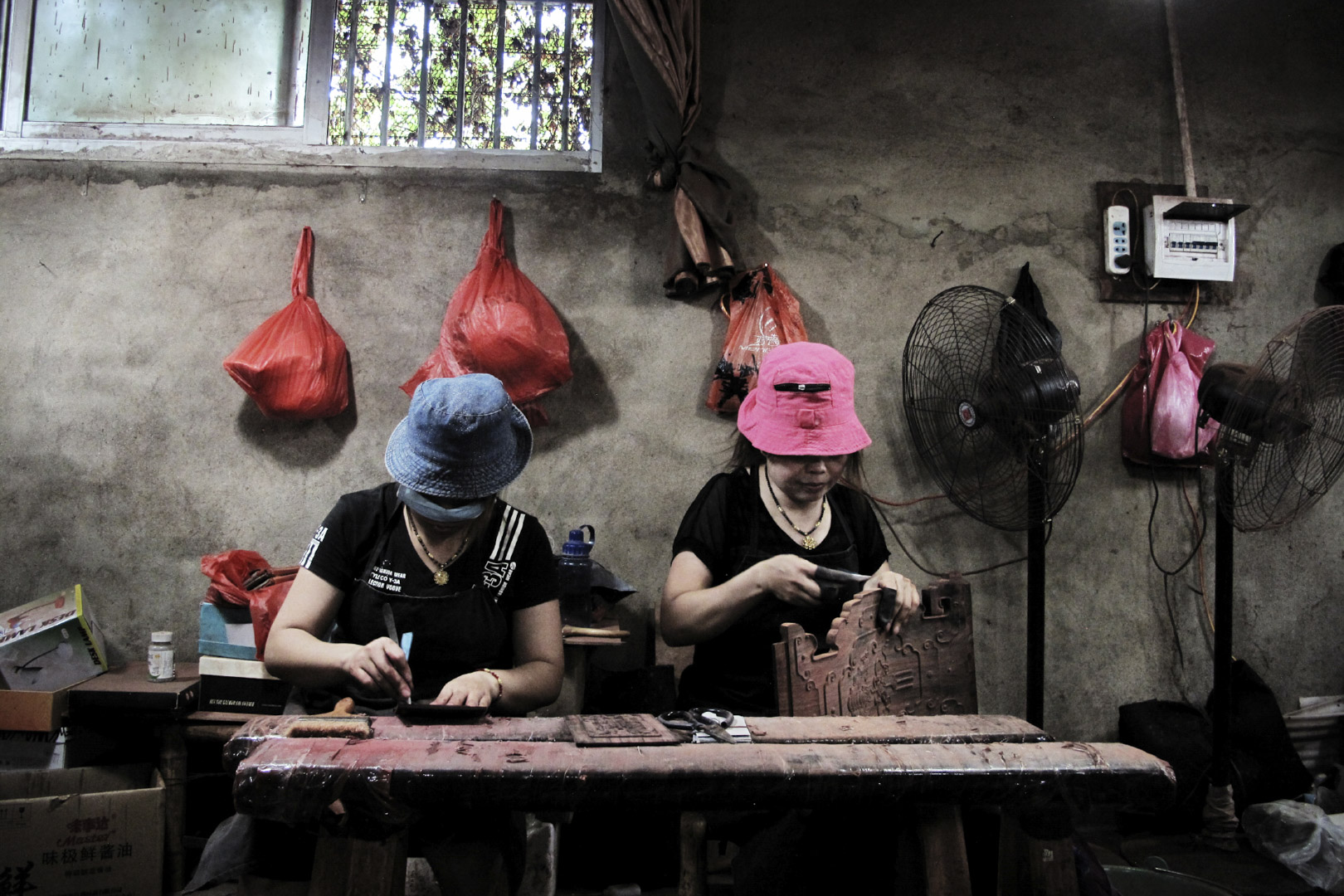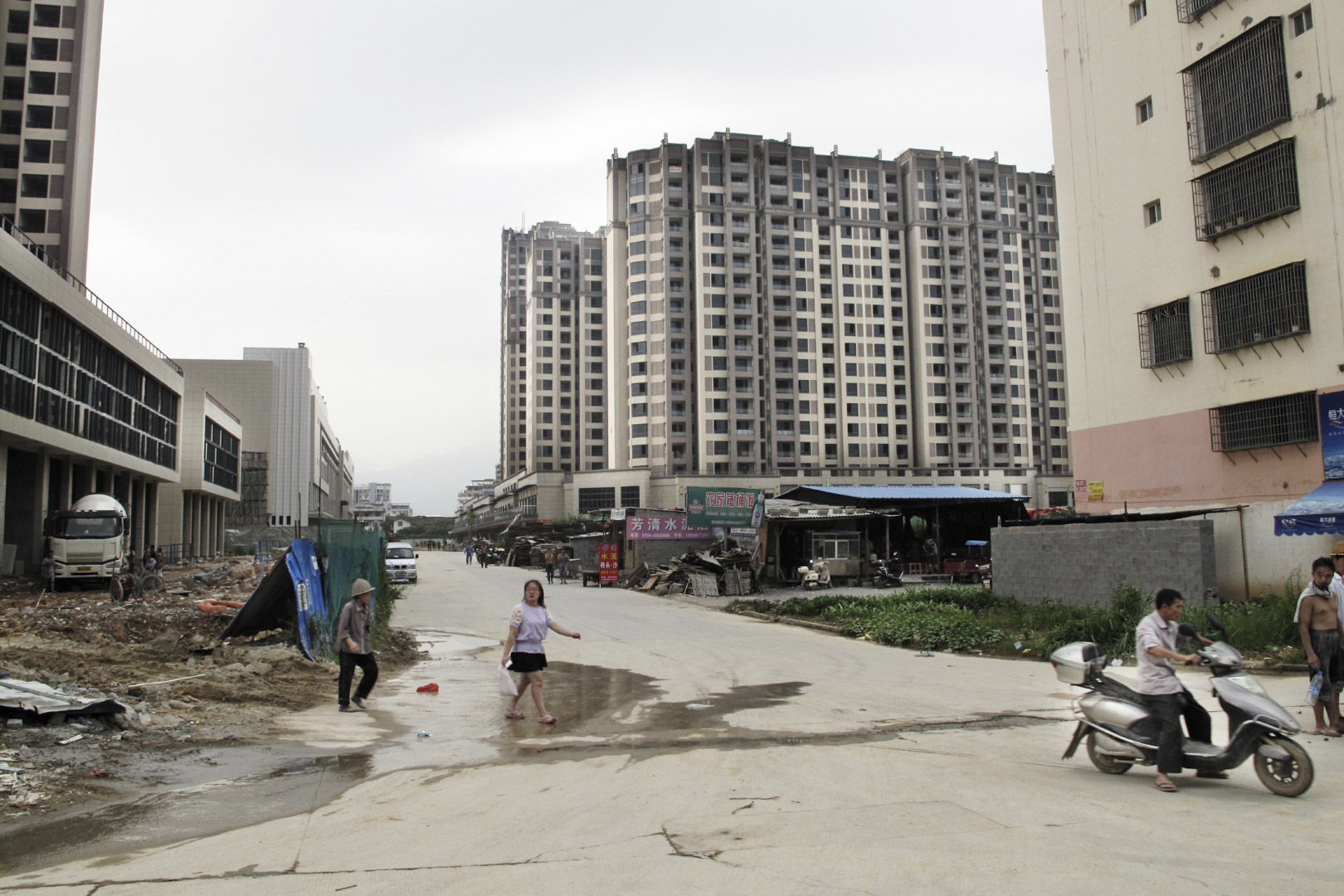Trafficking Bolabola Rosewood, 2015
Rosewood is one of the most sought-after resources, and is trafficked as “forest ivory”.
Malagasy rosewood was exploited for decades, before it was banned from the market in 2010. It is now protected by the Convention on International Trade in Endangered Species of Wild Fauna and Flora, but its trade, although illegal, continues to exist.
Michael Zumstein traced the trafficking chain from “Bolabola”, leaving the natural reverse of Masoala in Madagascar, to China, in the suburbs of Xianyou in 2015.
Madagascar
From the poor villages in the Malagasy natural reserve of Masoala to the suburbs of Xianyou, new city in the Fujian province, China, Michael Zumstein traced back to its roots the trafficking of Bolabola rosewood. It is popular due to its incredible density to many rich Chinese buyers that wish to create replica furniture dating from the Ming and Qing periods.
While the average wage of a Malagasy farmer is of 2,50€ per day, the industry that has flourished around the delivery of rosewood, from the forest to the coastal ports, allows the local population to survive.
The tree trunks are routed towards the Iagnobé River with only muscle power before being tied onto tires to go down the river all the way to the ocean. No logs reach the village of Antanandavehly without being unloaded, weighed and stored on shore sand for a few weeks. Traffickers have loyal employees that check upstream on the loads and pay the convicts from the natural reserve.
Besides the financial windfall that represents this activity, the illegal extraction of precious woods in the millenary Malagasy forests fuels corruption within the politico-administrative elite of Antananarivo but also has catastrophic consequences upon the ecological system of the entire region. “To pull out a tree, we have to cut those around it with its great numbers of lianas and other vulnerable plants, and trace a route to the river. As a second consequence, these paths open the route to other trafficking activities, such as those of precious stones as Madagascar’s earth is composed of a very diverse and rich elements”, explains Aro Vonjoy Ramarosandratana, Head of the Botanic Department at the Faculty of Sciences of Antananarivo.
Loaded at Cap Est, commonly known as “Port Bolabola”, these valuable resources leave for China, towards the administrative region of Hong Kong.
China
(Continued) From the poor villages of the Malagasy Masoala Nature Reserve to the outskirts of Xianyou, a new town in China’s Fujian province, Michael Zumstein has traced the trafficking of “Bolabola”, rosewood.
In the Furniture Palace in Xianyou, replica to Forbidden City, Mr. Huang Fuhua proudly poses in front of an immense sign sculpted in dark wood from Madagascar, valued at 700 000 euros. The CEO of Sanfu Classical Furniture Craft owns a few factories and showrooms in the city. He imports his raw materials from Laos, India, and more recently from Africa and Madagascar.
In the “Wood Street” in his workshops, Mr. Huang Fuhua’s teams work on these precious resources that make Xianyou one of biggest manufacturing centres of traditional furniture in China.
The appetite of these rich buyers seems without limits; in 10 years, China has multiplied by 10 the volume of imported rosewood. In 2012, this number has reached 757 000 cubic meters. Meanwhile, the forests of Masoala continue to be ravaged by traffickers, leading towards an ecological disaster of which we are yet to see all the consequences.
